Visual Stories
Leave us reply
Related Blogs
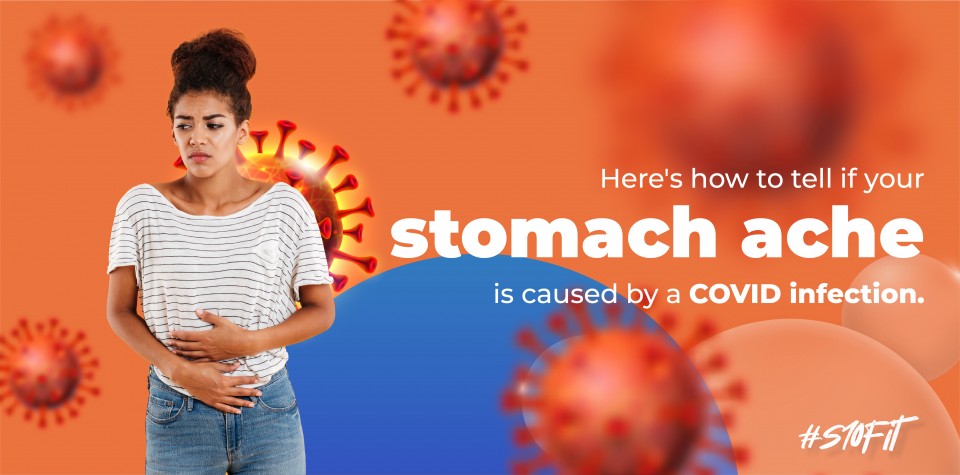
Here's how to tell if your stomach ache is caused by a COVID infection
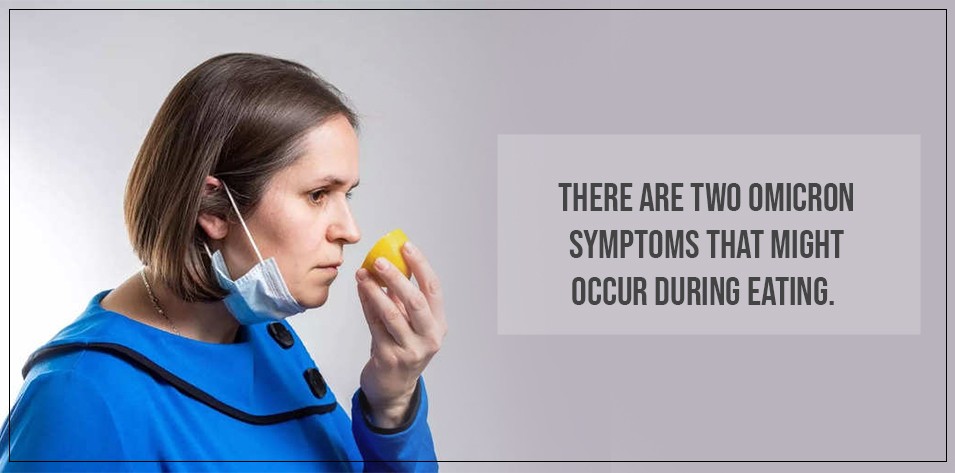
There are two Omicron symptoms that might occur during eating.
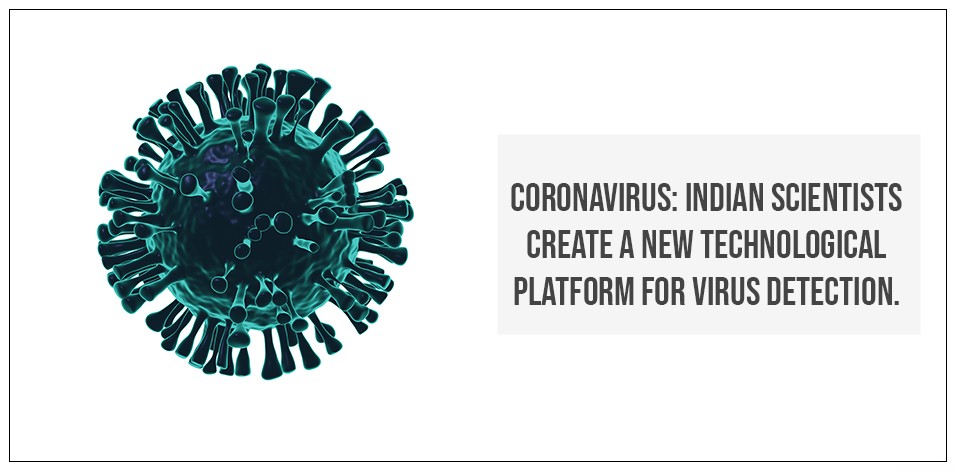
Coronavirus: Indian scientists create a new technological platform for virus detection.
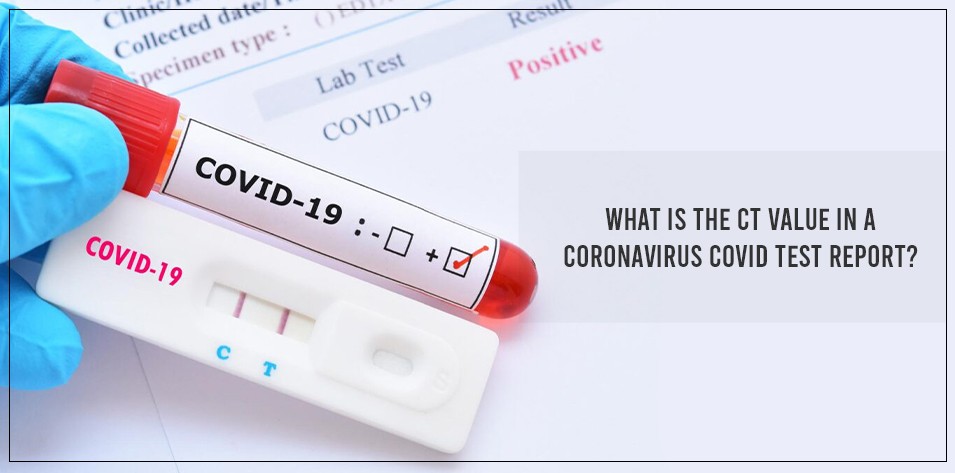
What is the Ct value in a Coronavirus COVID test report?
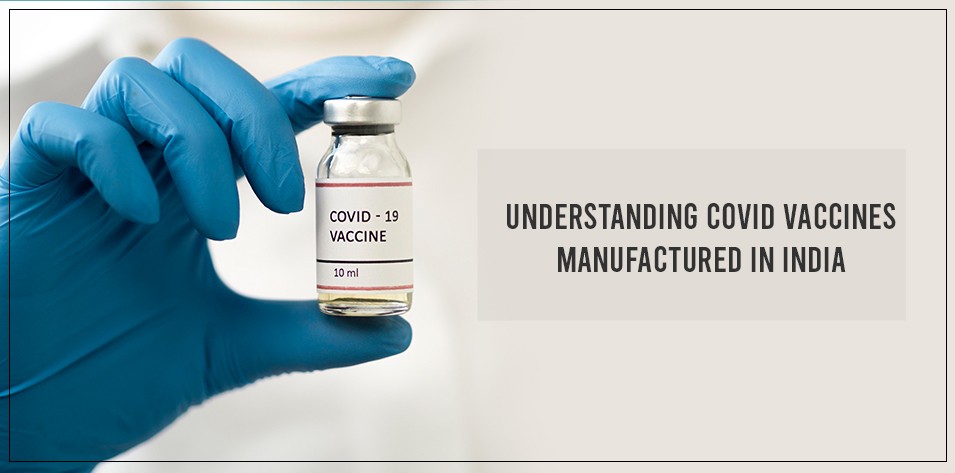
Understanding COVID vaccines manufactured in India
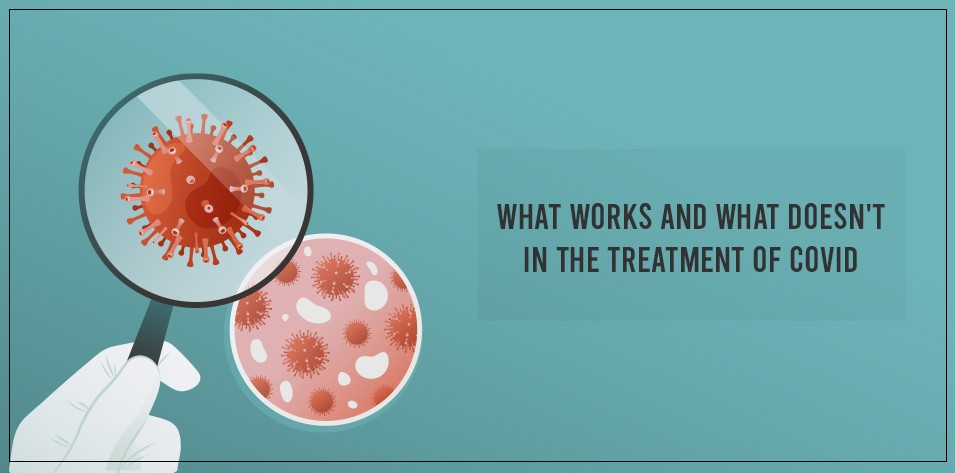
What works and what doesn't in the treatment of covid
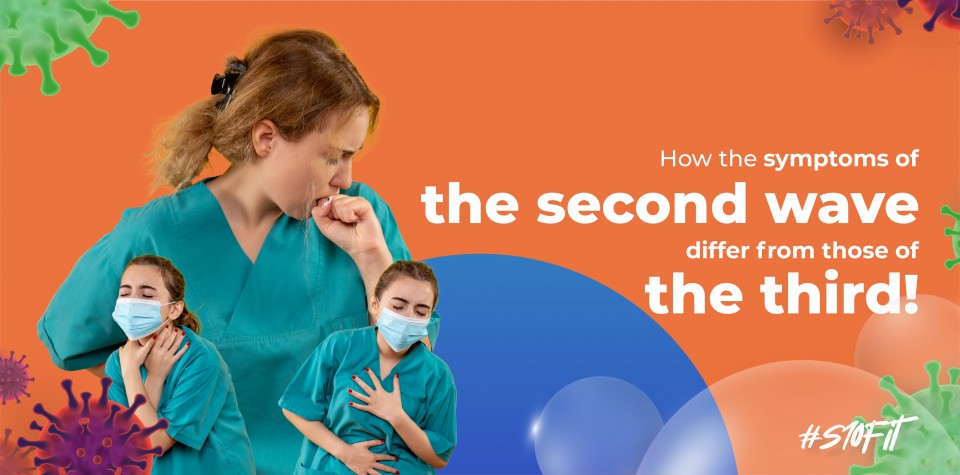
How the symptoms of the second wave differ from those of the third!
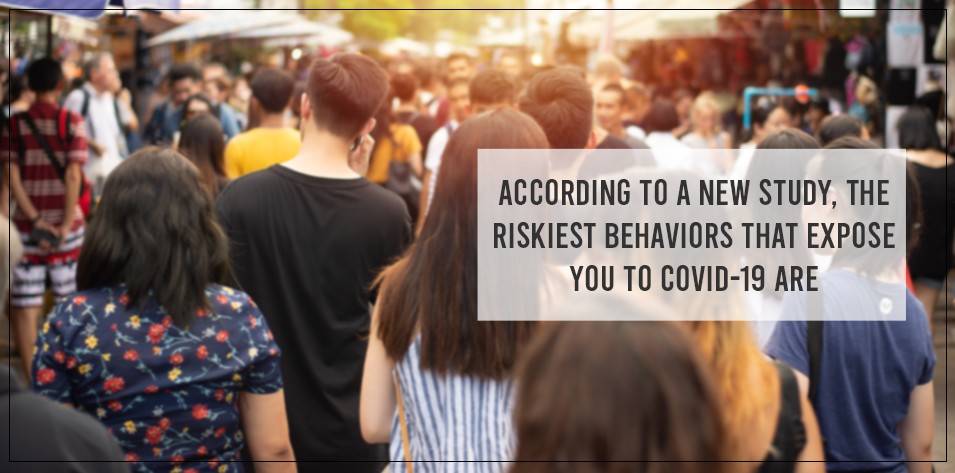
According to a new study, the riskiest behaviours that expose you to COVID-19 are
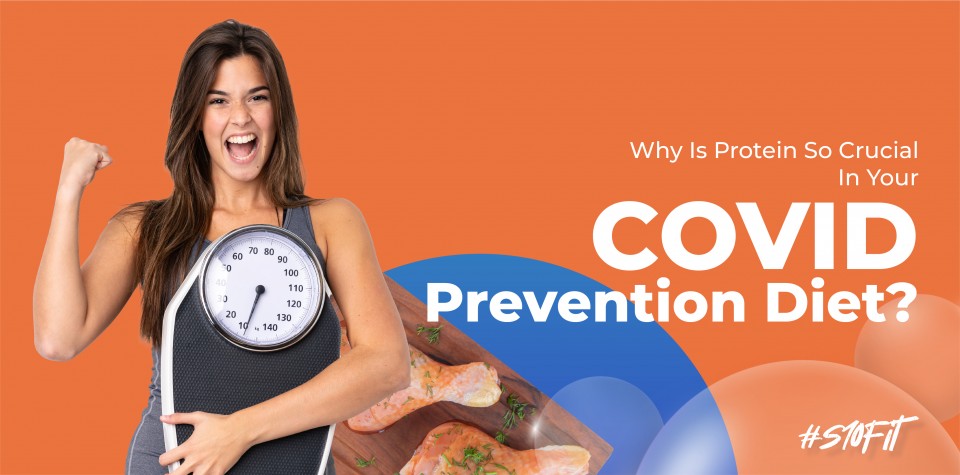
Why Is Protein So Crucial In Your COVID Prevention Diet?
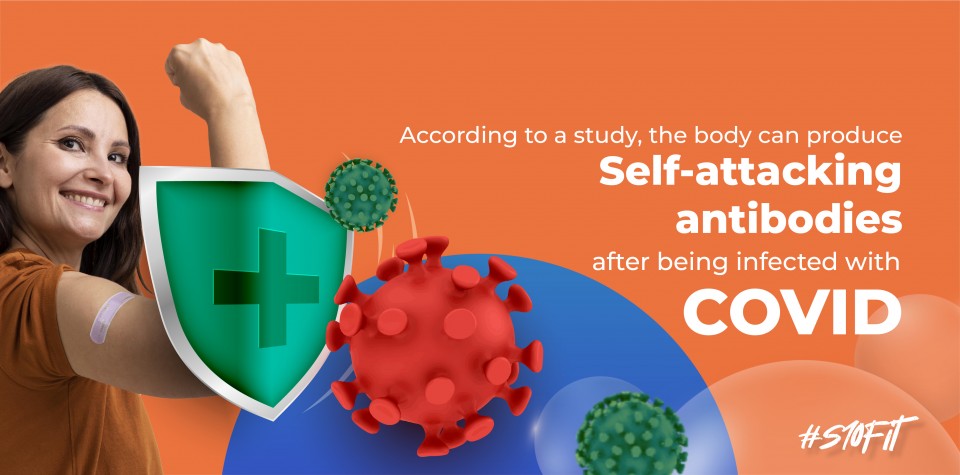
According to a study, the body can produce self-attacking antibodies after being infected with COVID
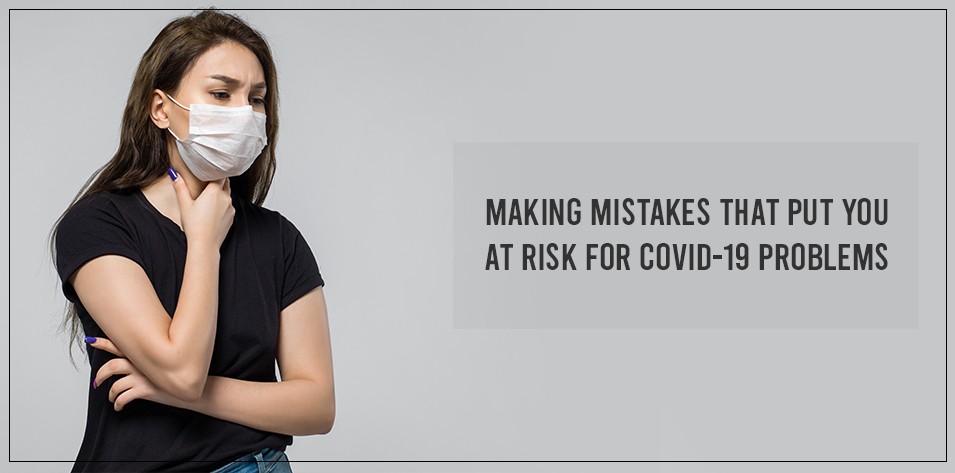
Making mistakes that put you at risk for COVID-19 problems
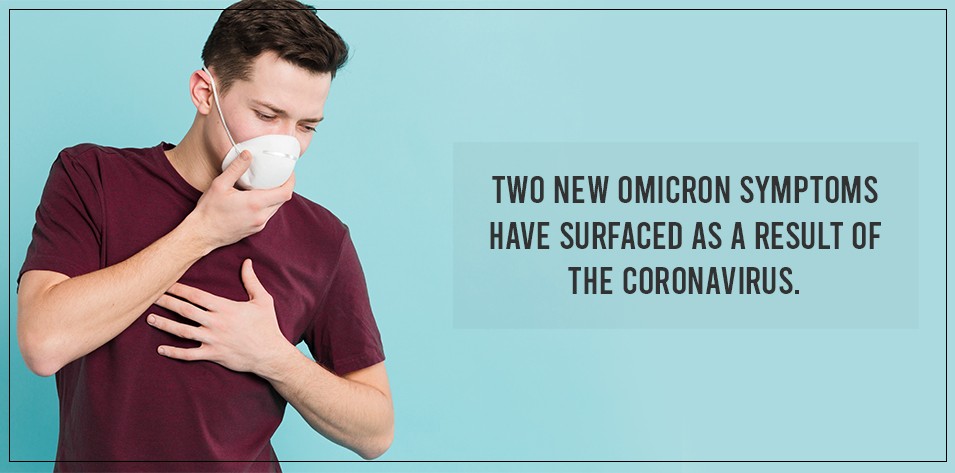
Two new Omicron symptoms have surfaced as a result of the Coronavirus
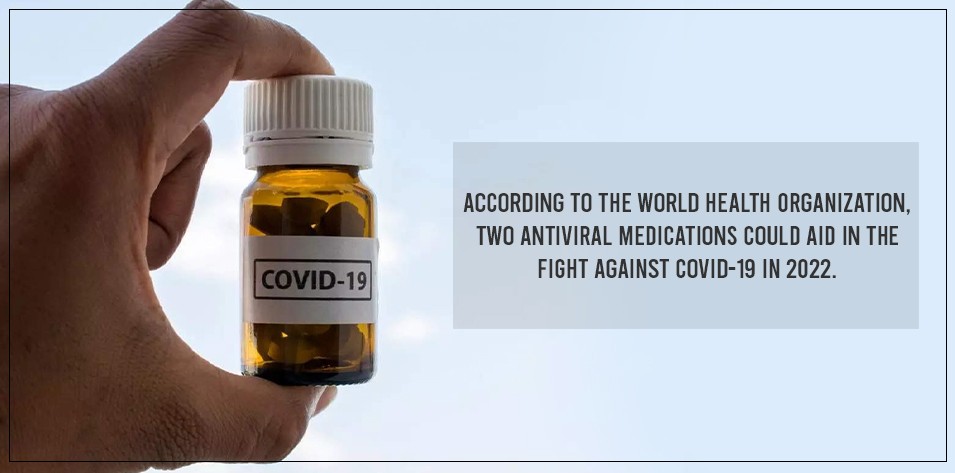
According to the World Health Organization, two antiviral medications could aid in the fight against COVID-19 in 2022
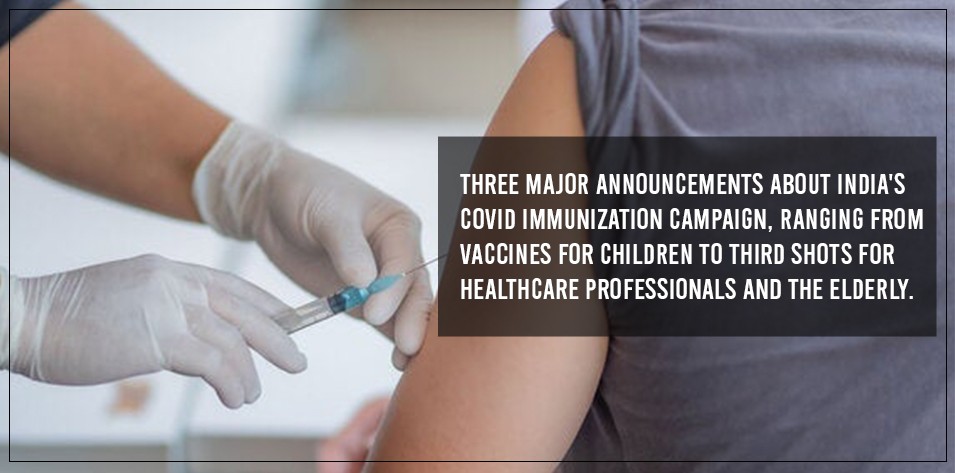
Three major announcements about India's COVID immunization campaign, ranging from vaccines for children to third shots for healthcare professionals
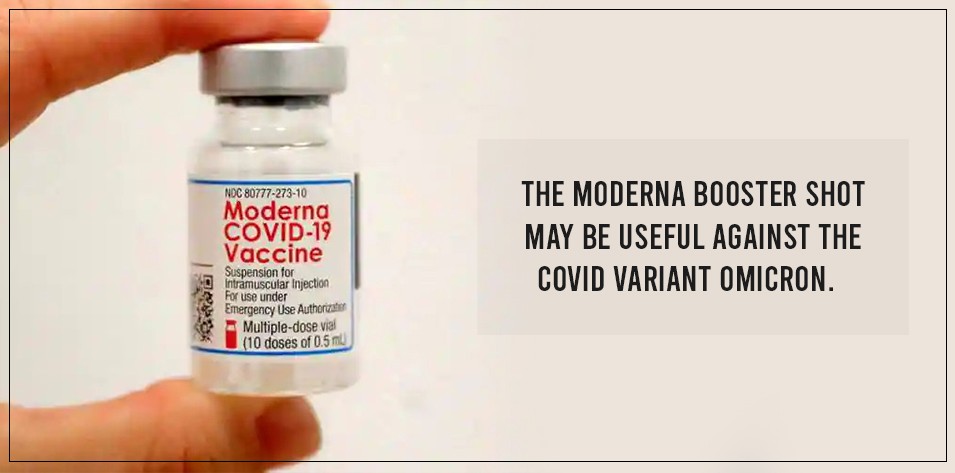
The moderna booster shot may be useful against the COVID variant Omicron
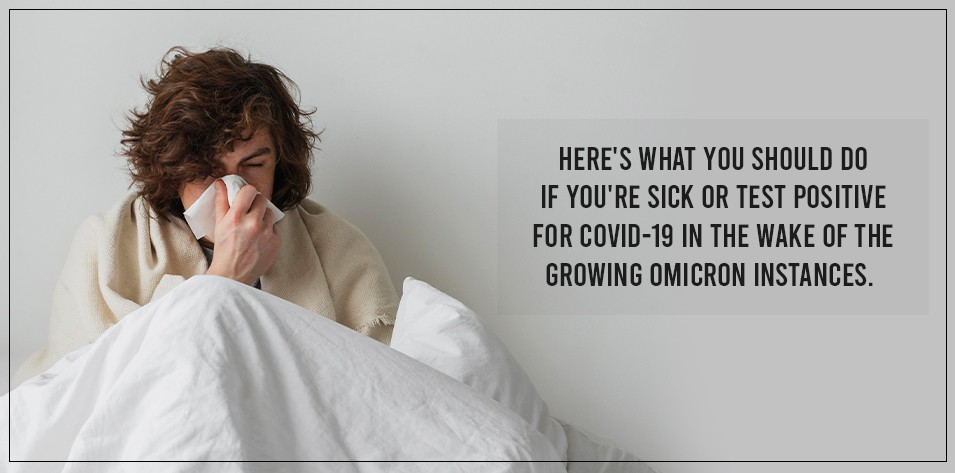
Heres what you should do if you're sick or test positive for COVID-19 in the wake of the growing Omicron instances
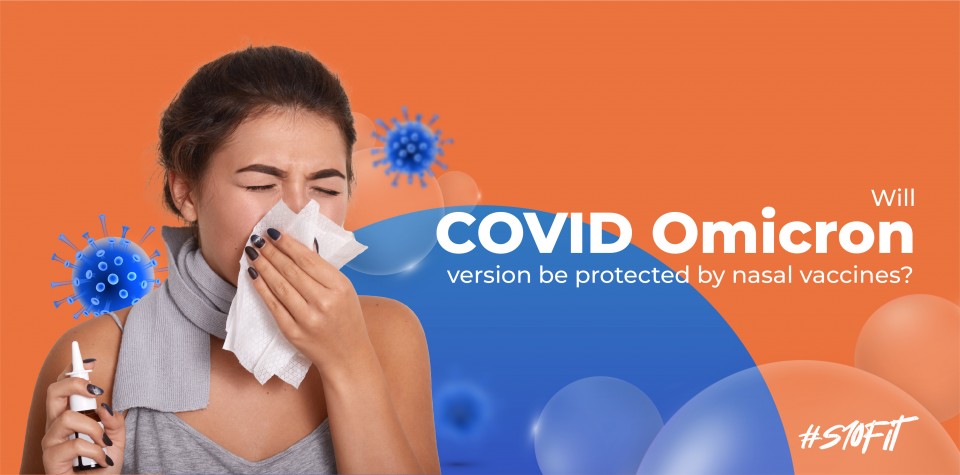
Will COVID's Omicron version be protected by nasal vaccines?

Breathlessness caused by 'Long COVID' could indicate heart damage
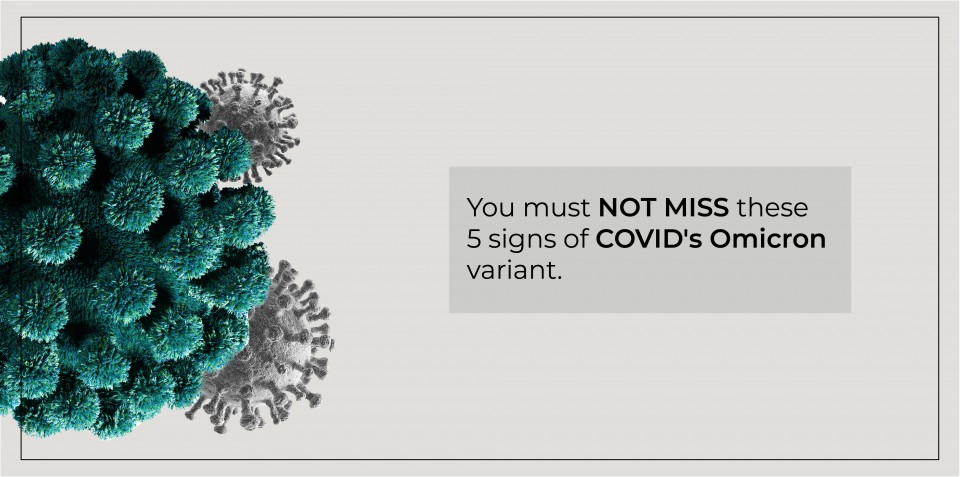
You must NOT MISS these 5 signs of COVID's Omicron variant
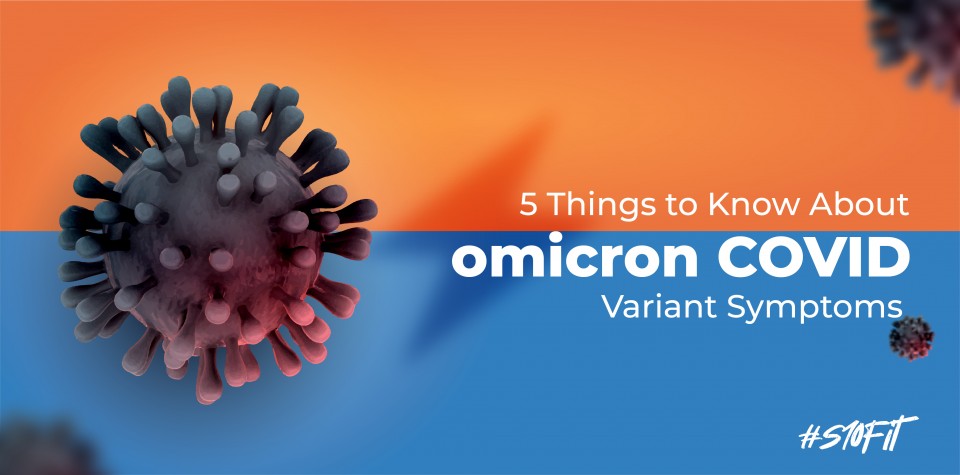
5 Things to Know About Omicron COVID Variant Symptoms
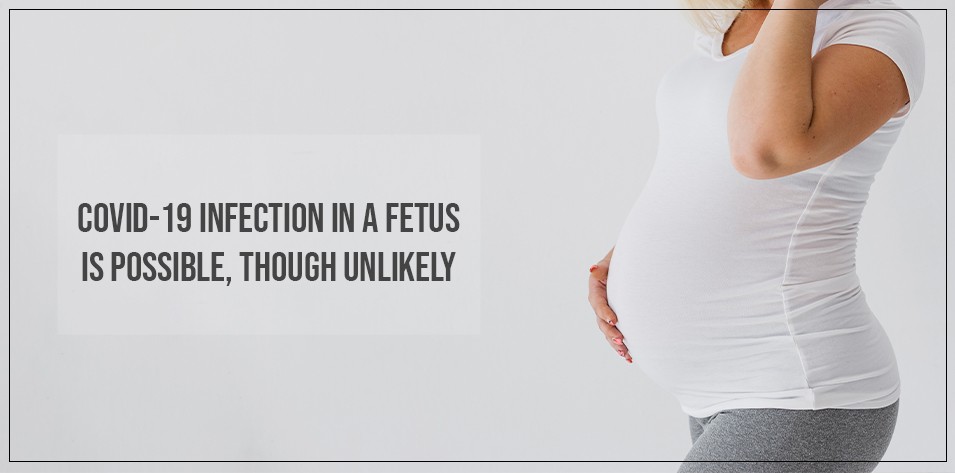
COVID-19 infection in a foetus is possible, though unlikely.

COVID-19,women and health
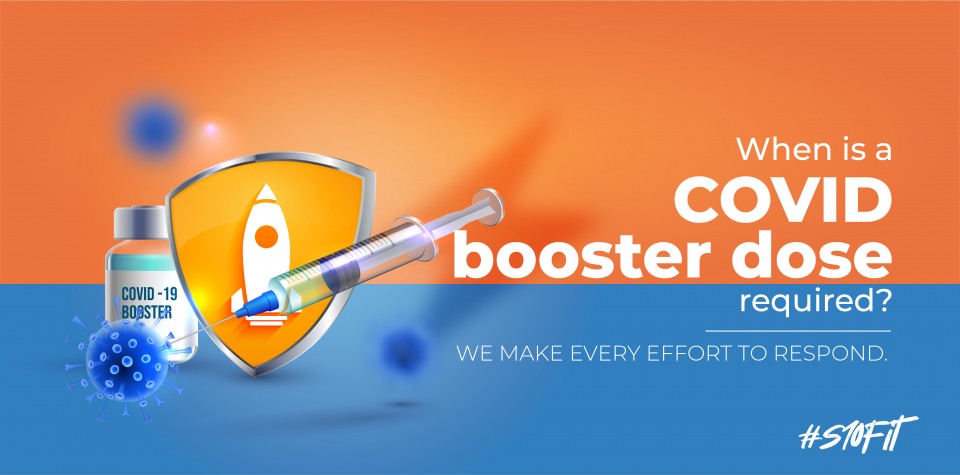
When is a COVID booster dose required?We make every effort to respond
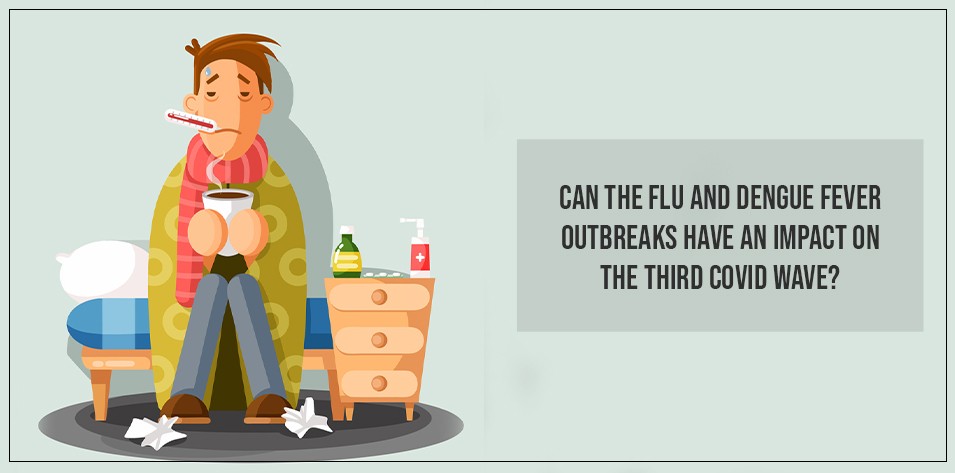
Can the Flu and Dengue fever outbreaks have an impact on the third COVID wave?
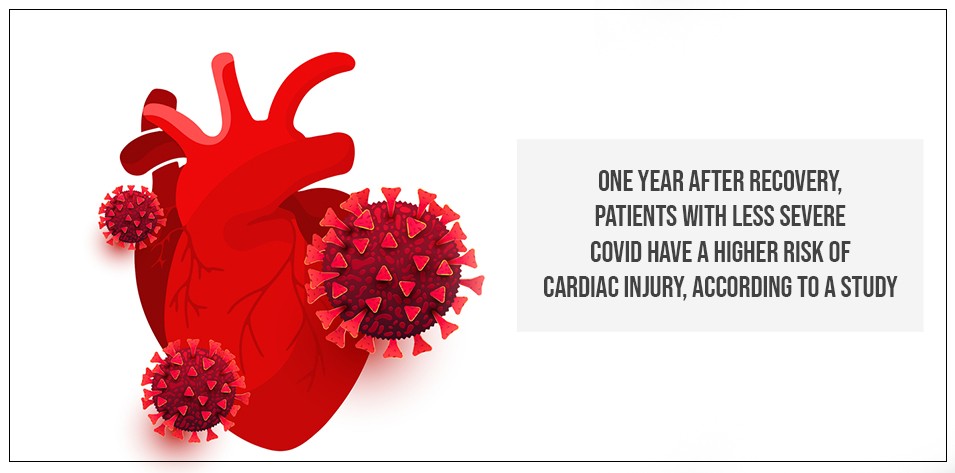
One year after recovery, patients with less severe COVID have a higher risk of cardiac injury, according to a study
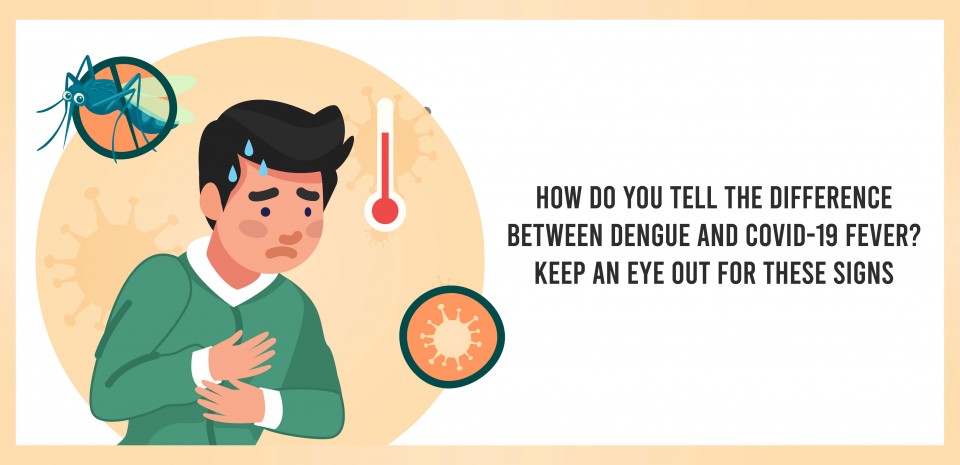
How do you tell the difference between dengue and COVID-19 fever? Keep an eye out for these signs.
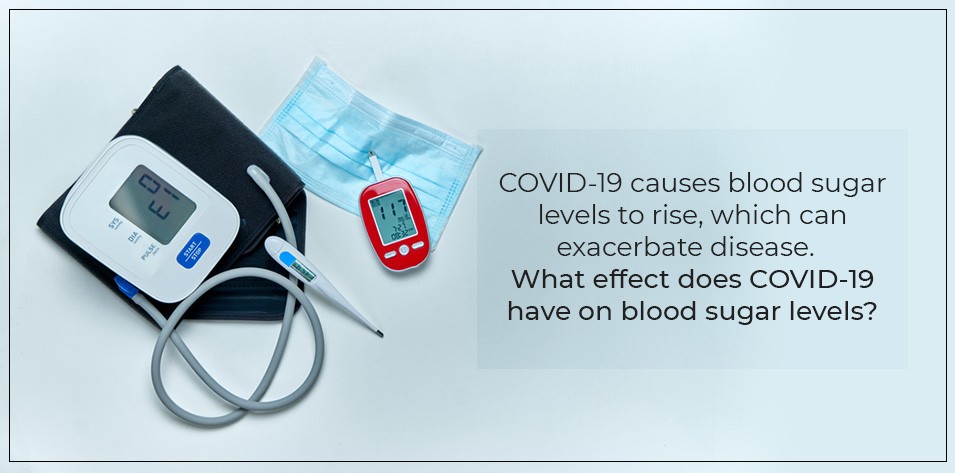
COVID-19 causes blood sugar levels to rise, Which can exacerbate the disease
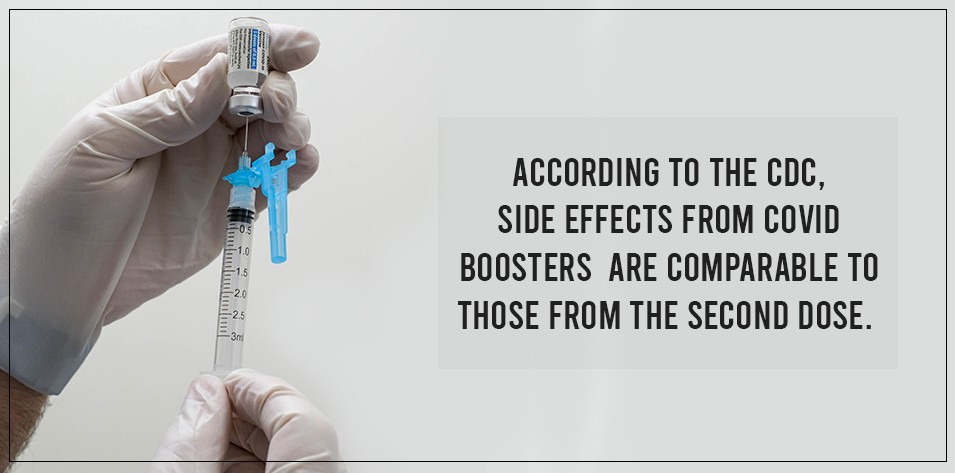
According to the CDC, side effects from COVID boosters are comparable to those from the second dose.
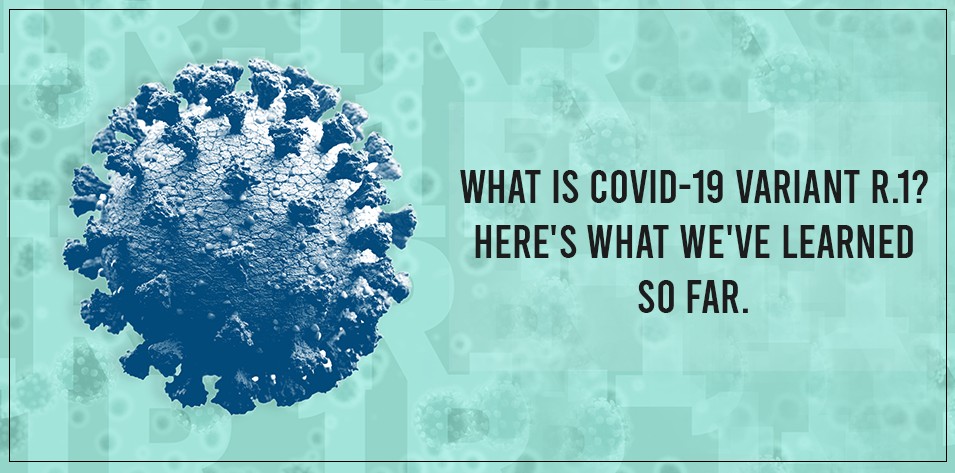
What Is COVID-19 Variant R.1? Here's what we've learned so far
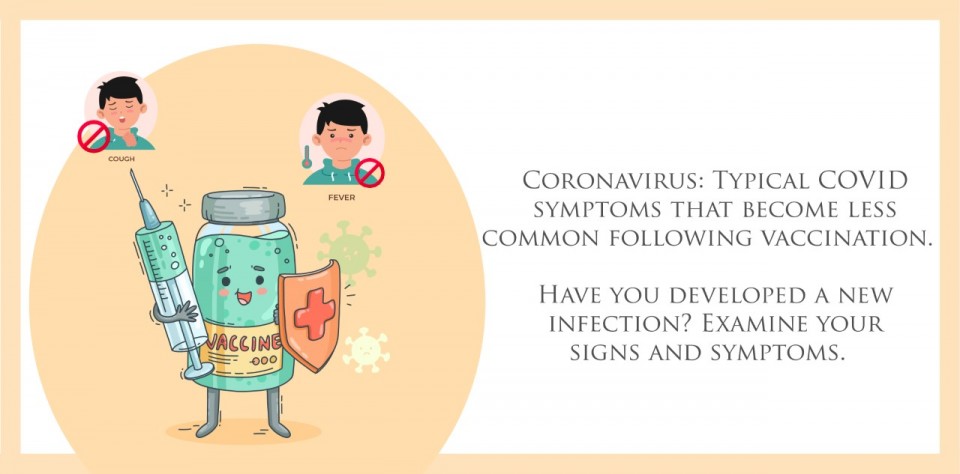
Coronavirus: Typical COVID symptoms that become less common following vaccination. Have you developed a new infection? Examine your signs and symptoms.
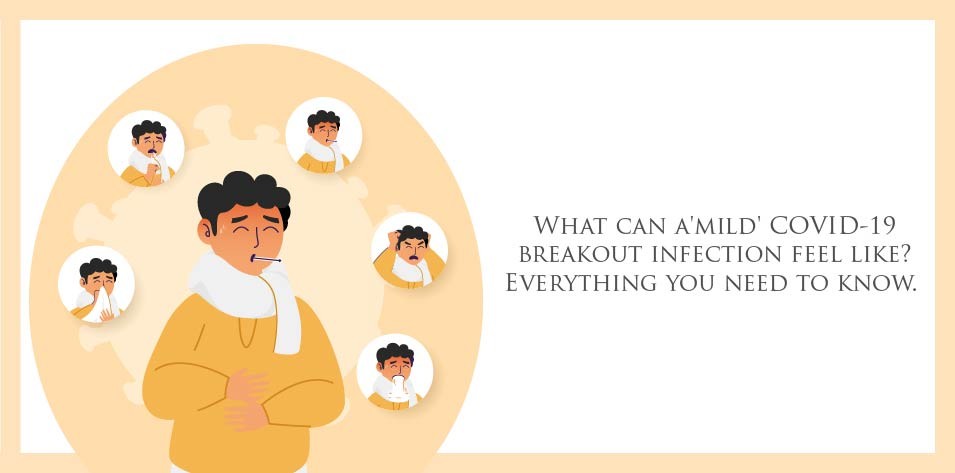
What can a 'mild' COVID-19 breakout infection feel like? Everything you need to know
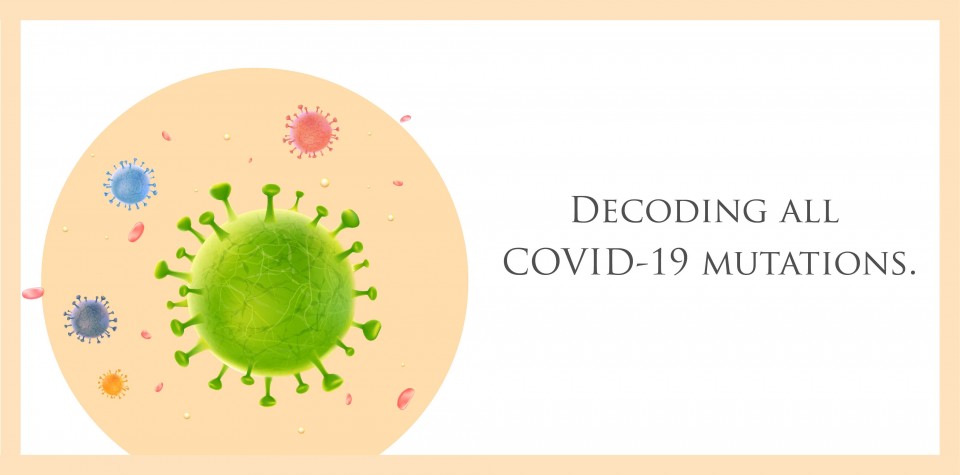
Is the 'Mu' form of the Coronavirus more deadly than the Delta?
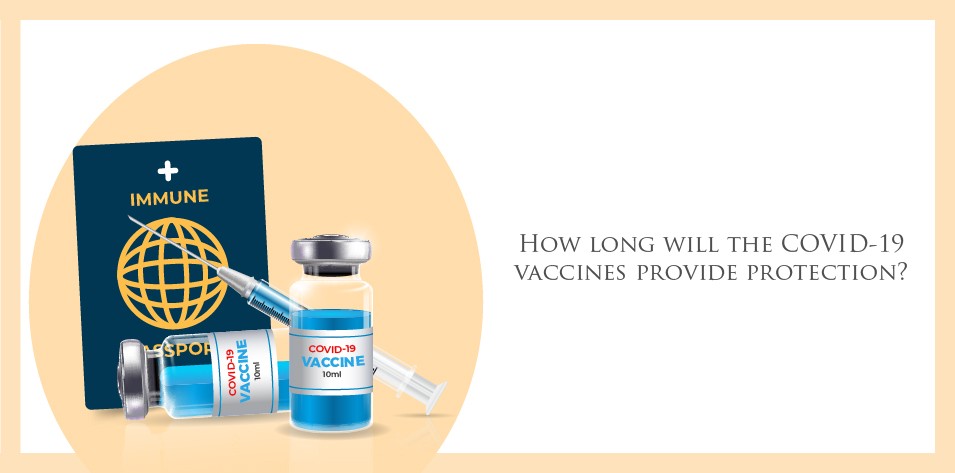
How long will the COVID-19 vaccines provide protection?
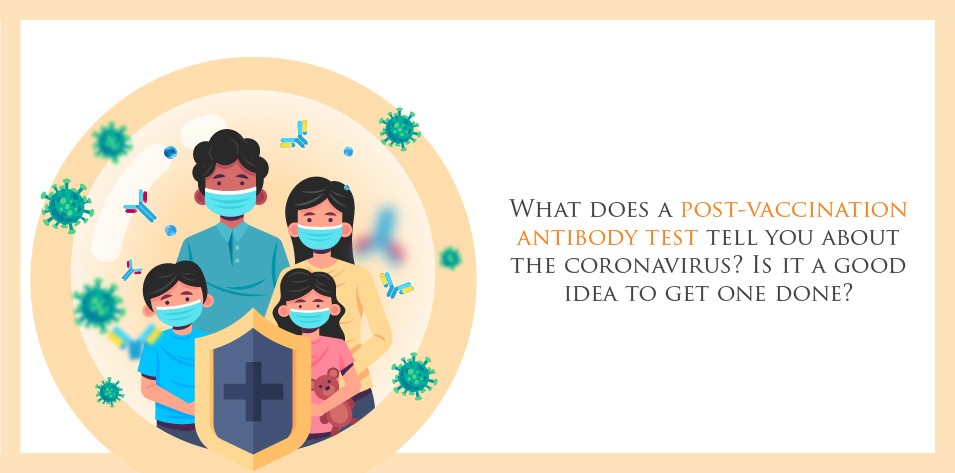
What does a post-vaccination antibody test tell you about the coronavirus? Is it a good idea to get one done?
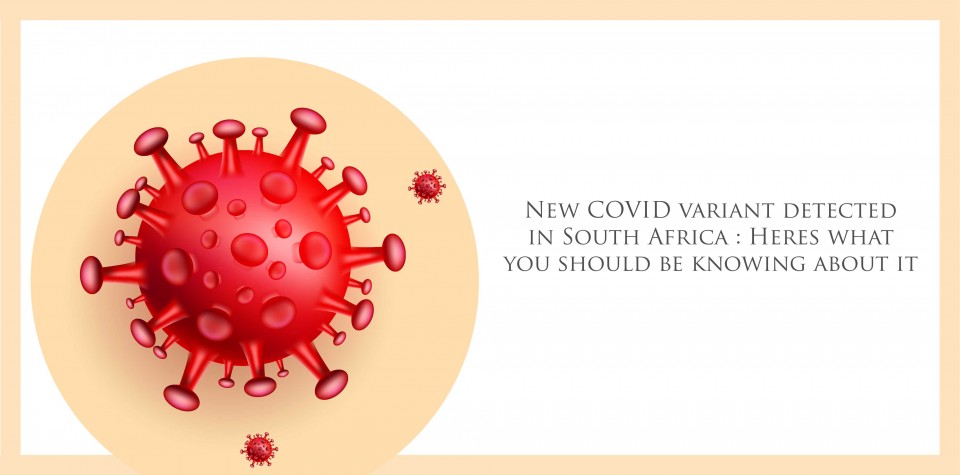
New COVID variant detected in South Africa: Heres what you should be knowing about it
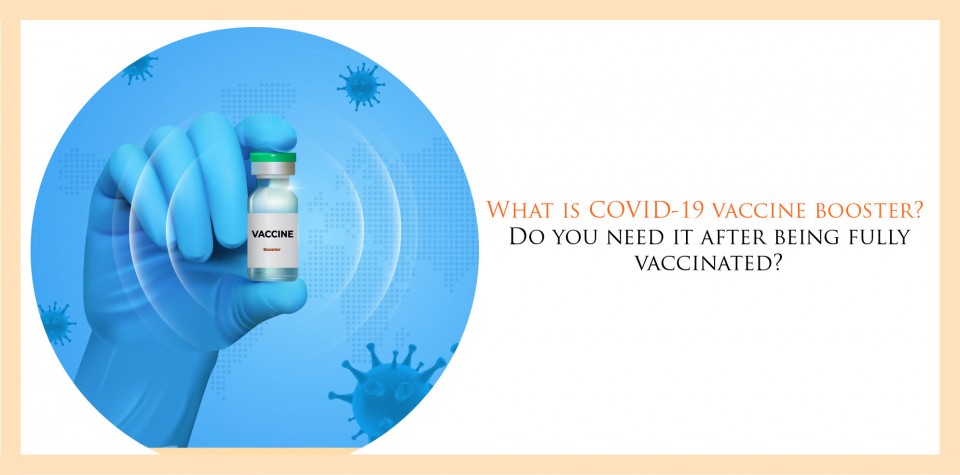
What is the COVID-19 vaccine booster? Do you need it after being fully vaccinated?
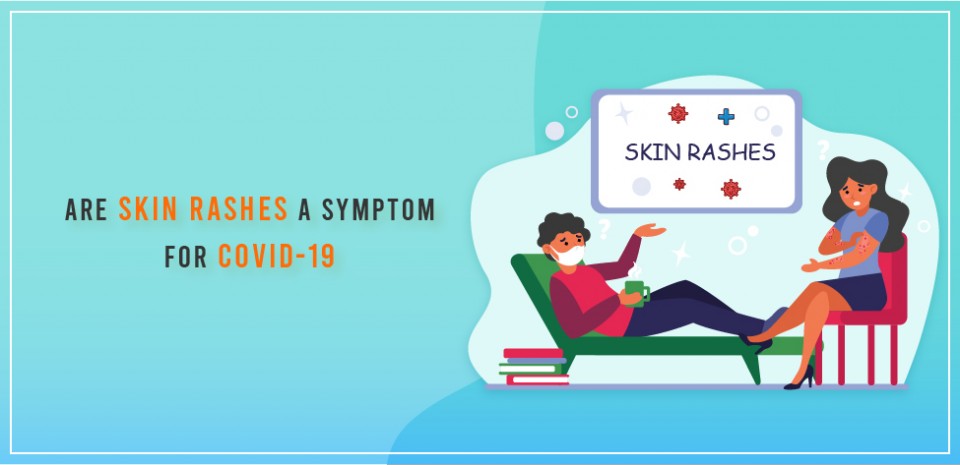
Are skin rashes a symptom for COVID-19
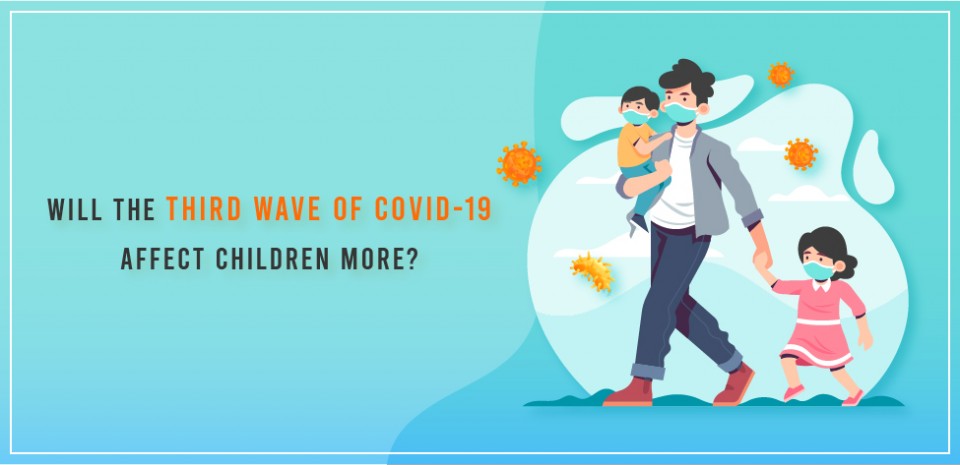
Will the third wave of COVID-19 affect children more?
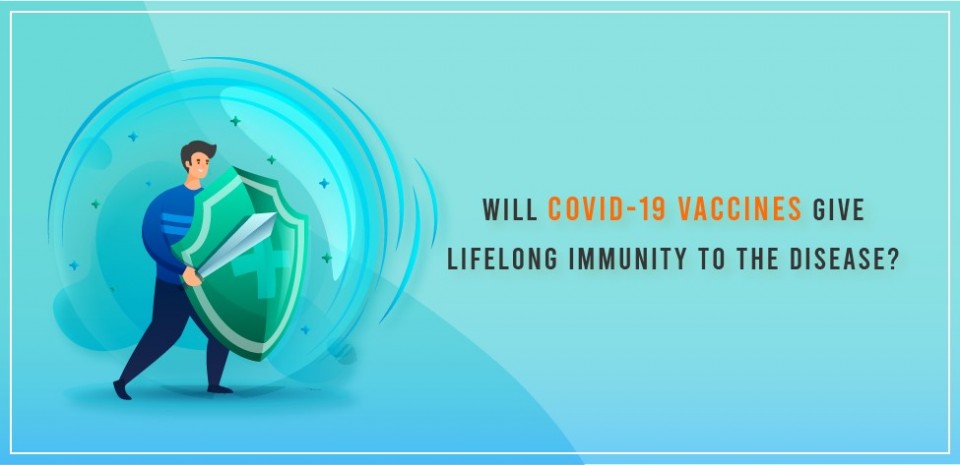
Will COVID-19 vaccines give lifelong immunity to the disease?
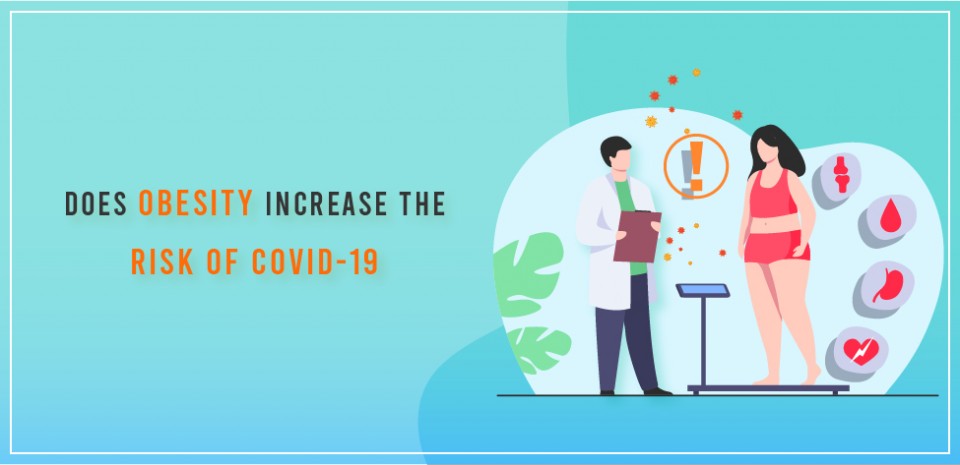
Does obesity increase the risk of COVID-19
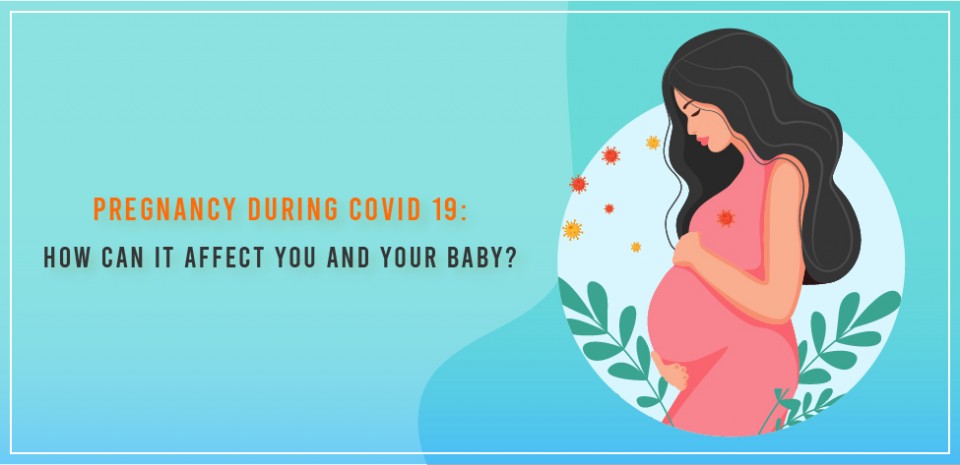
Pregnancy during COVID 19: How can it affect you and your baby?
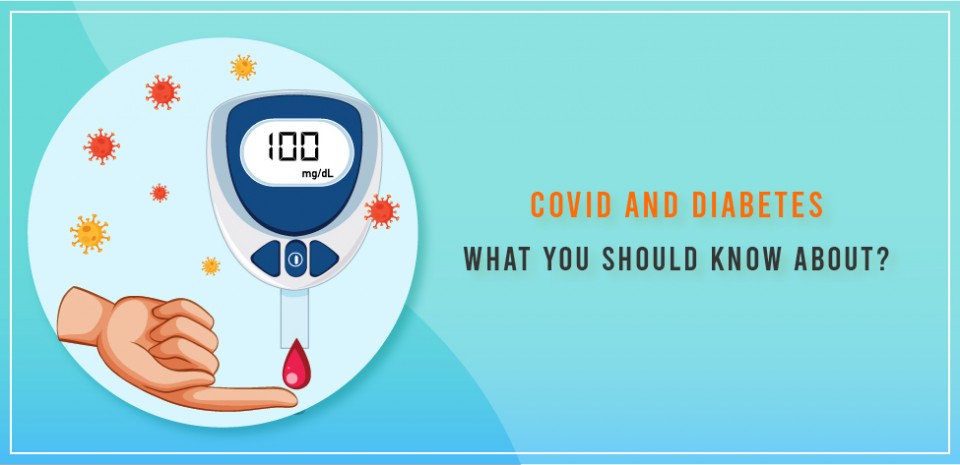
COVID and Diabetes what you should know about?
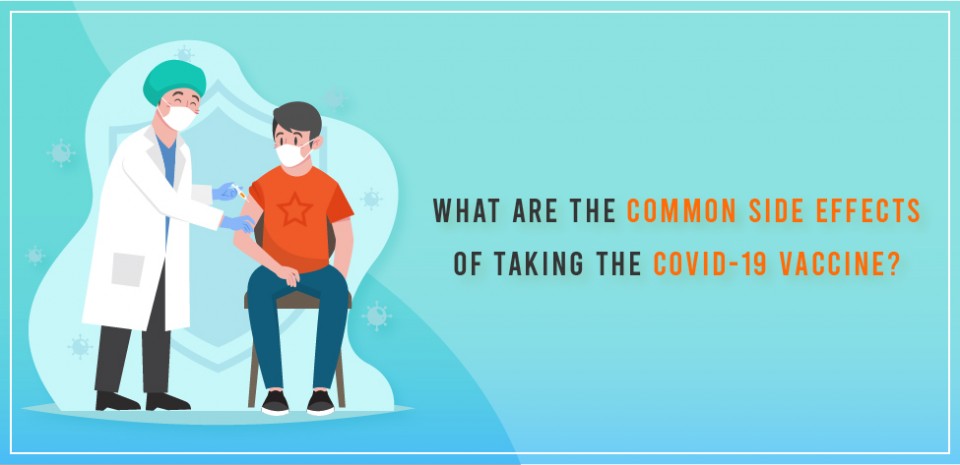
What are the common side effects of taking the COVID-19 vaccine?
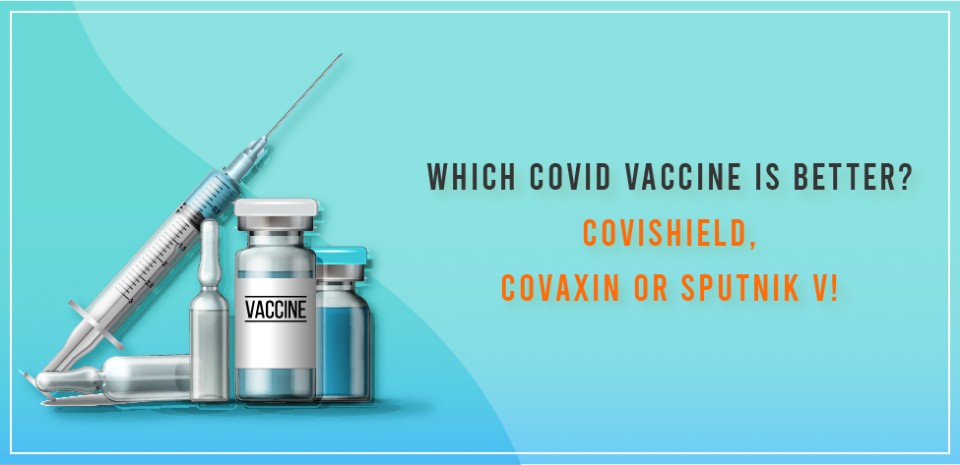
Which COVID Vaccine is better? Covishield, Covaxin or Sputnik V!
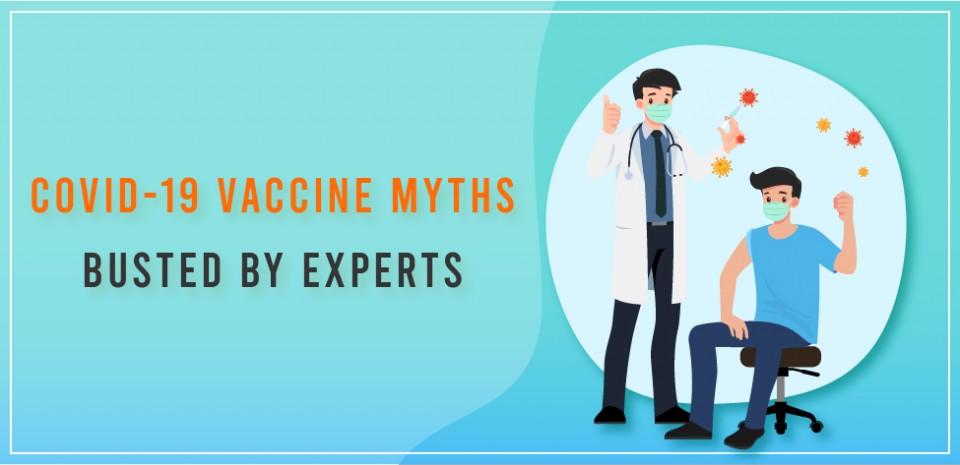
COVID-19 vaccine myths busted by experts
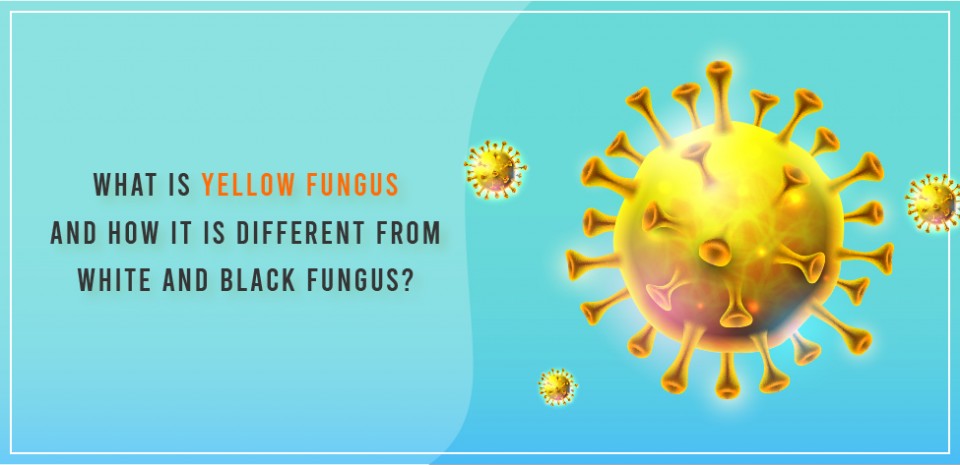
What is yellow fungus and how it is different from white and black fungus?
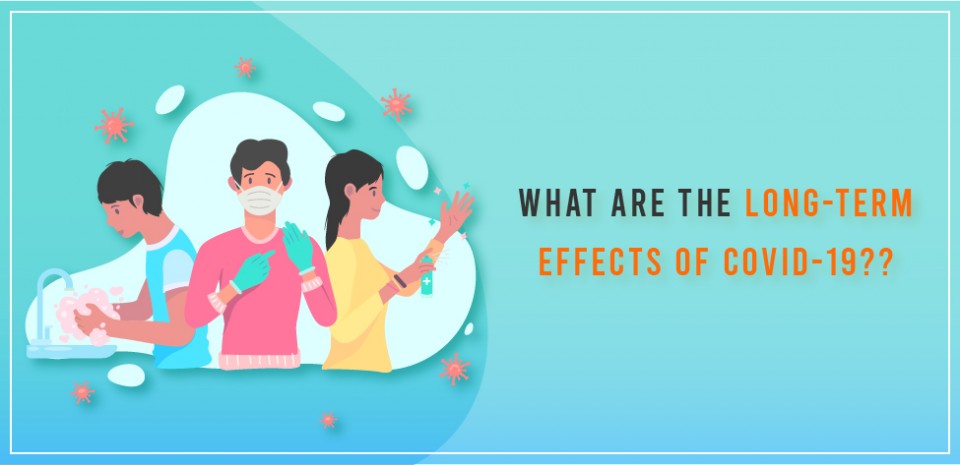
What are the long-term effects of COVID-19?
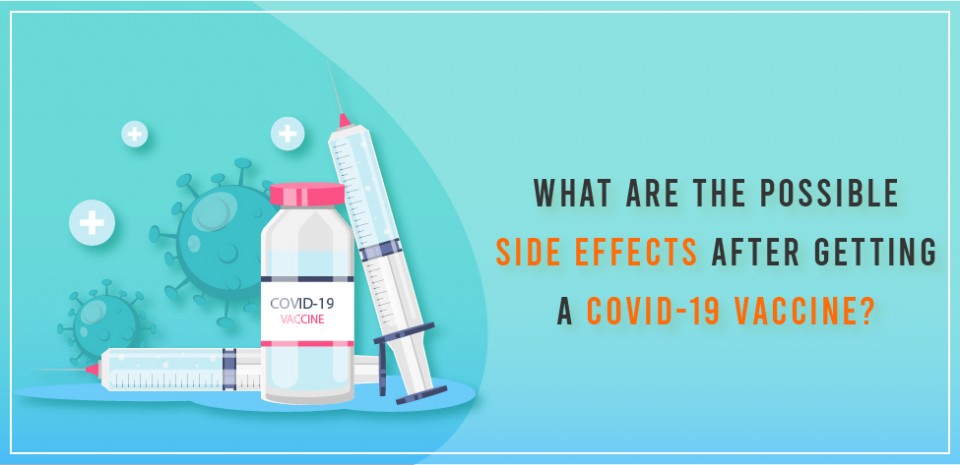
What are the possible side effects after getting a COVID-19 vaccine?

7 Steps to washing your hands properly
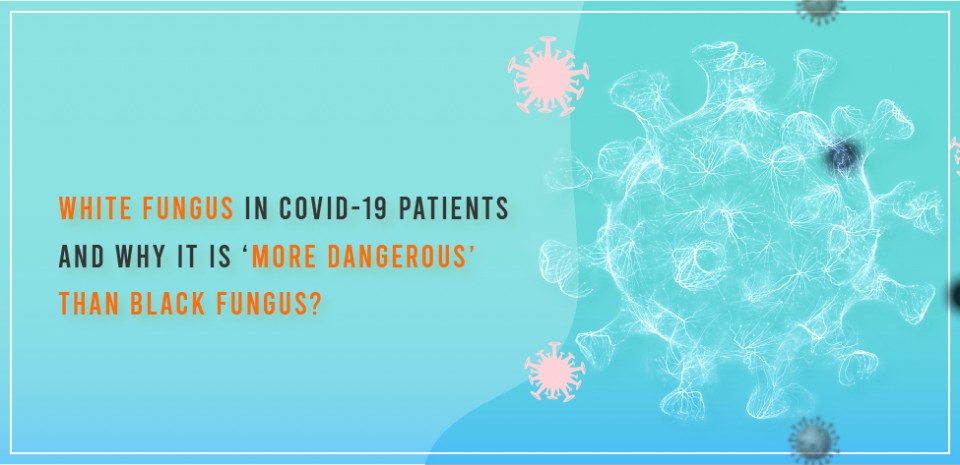
White fungus in COVID-19 patients and why it is ‘more dangerous’ than black fungus?
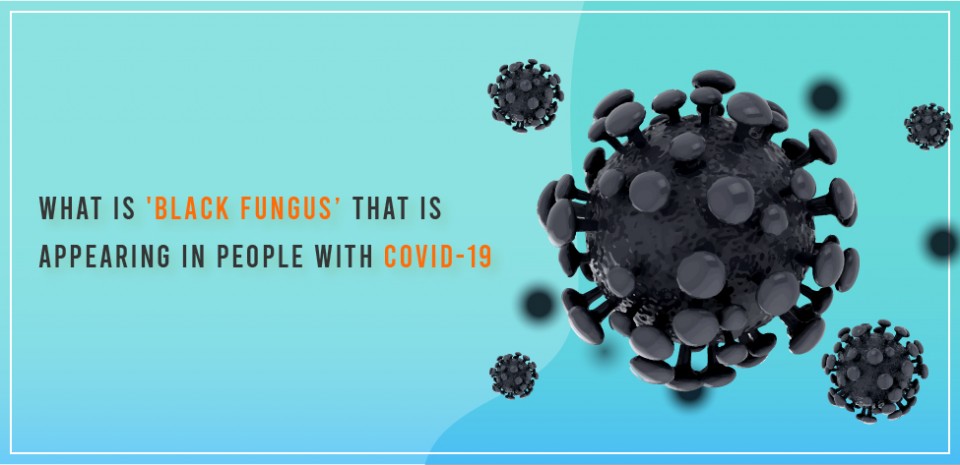
What is 'Black Fungus’ that is appearing in people with covid-19
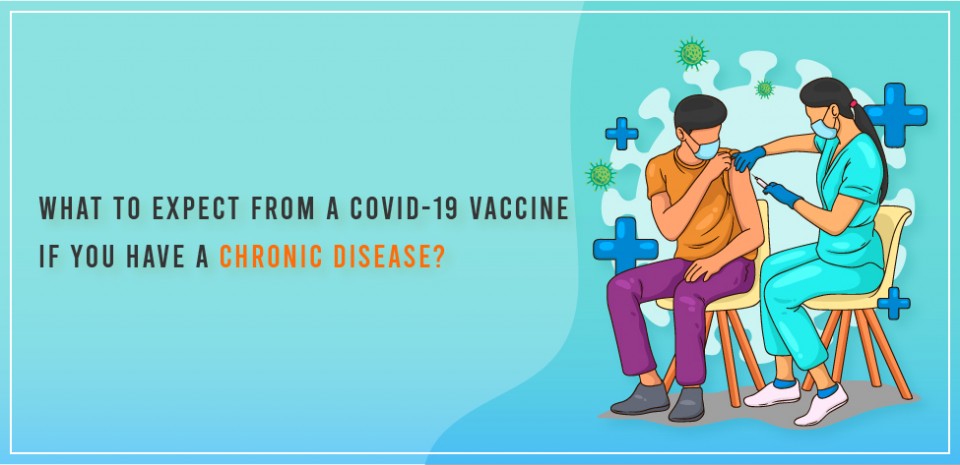
What to expect from a COVID-19 vaccine if you have a chronic disease?
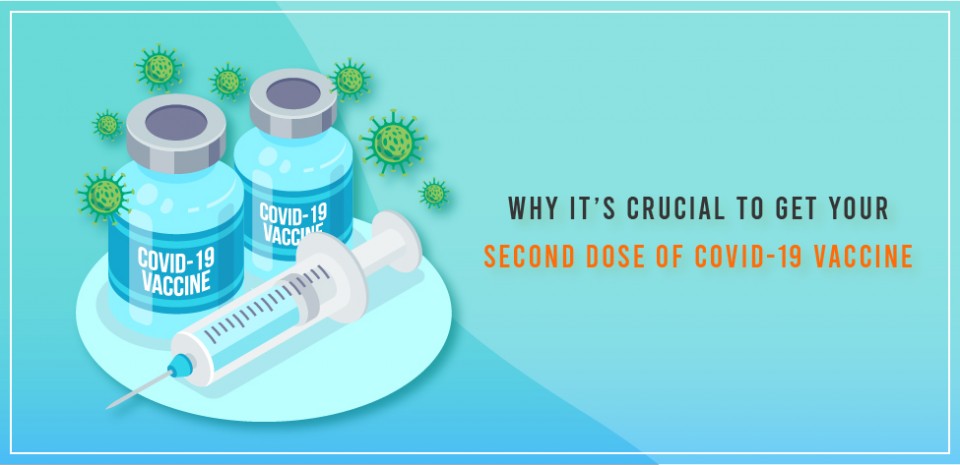
Why it’s crucial to get your second dose of COVID-19 vaccine
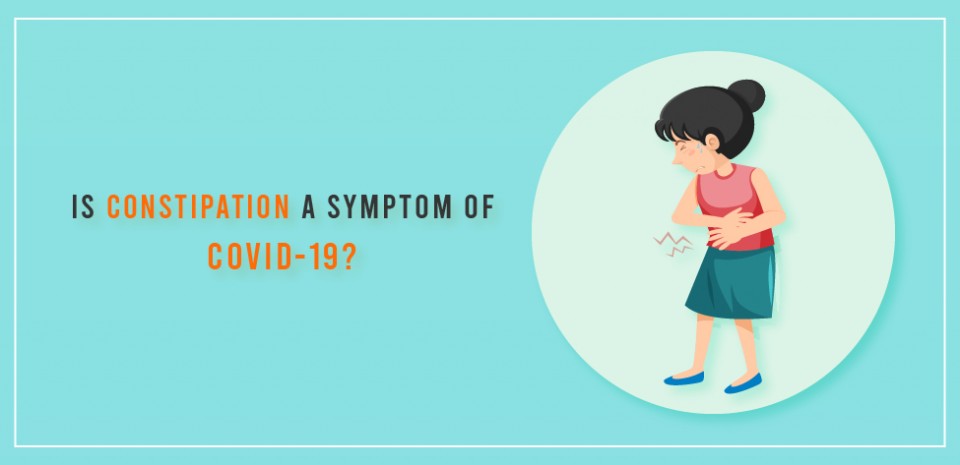
Is constipation a symptom of covid-19?
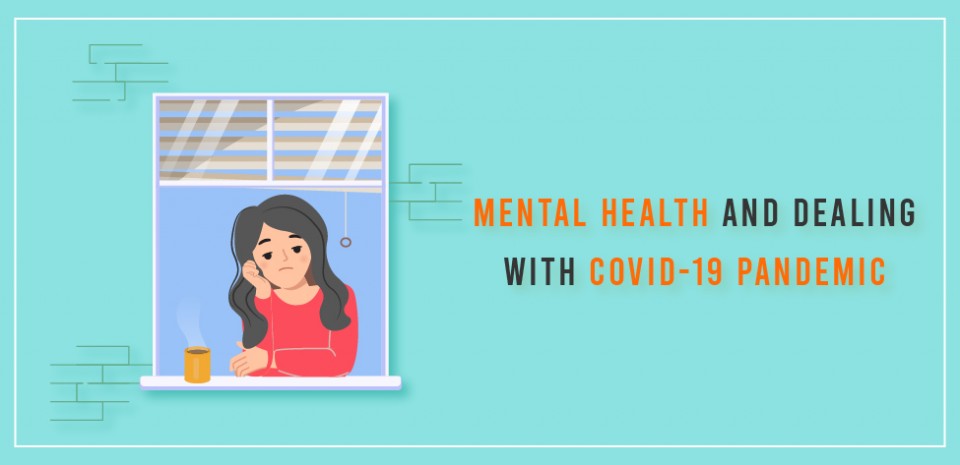
Mental health and dealing with COVID-19 pandemic
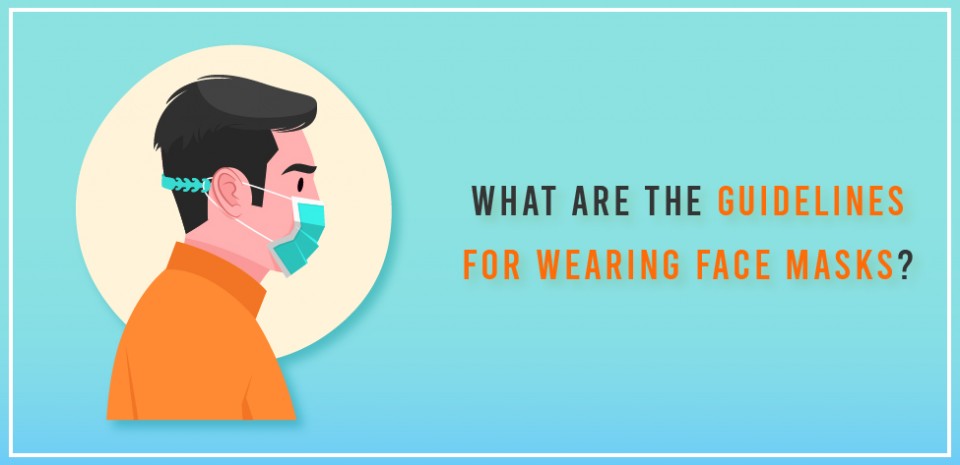
What are the guidelines for wearing face masks?
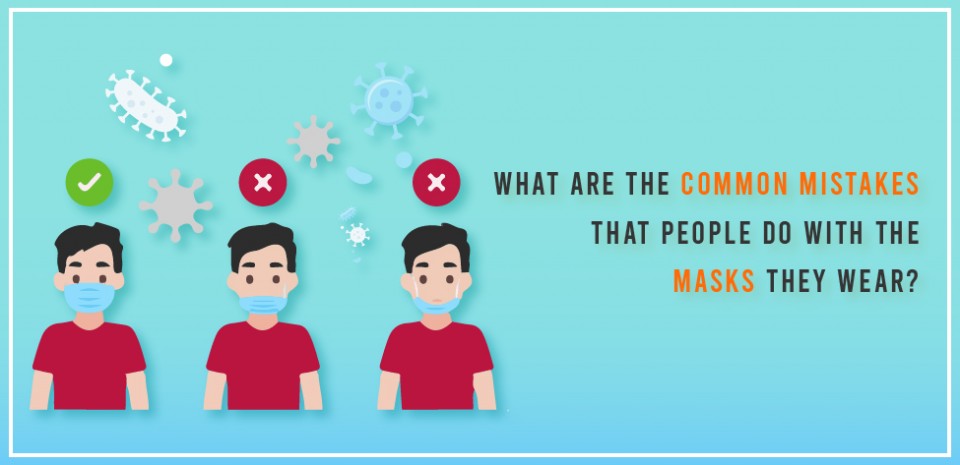
What are the common mistakes that people do with the masks they wear?
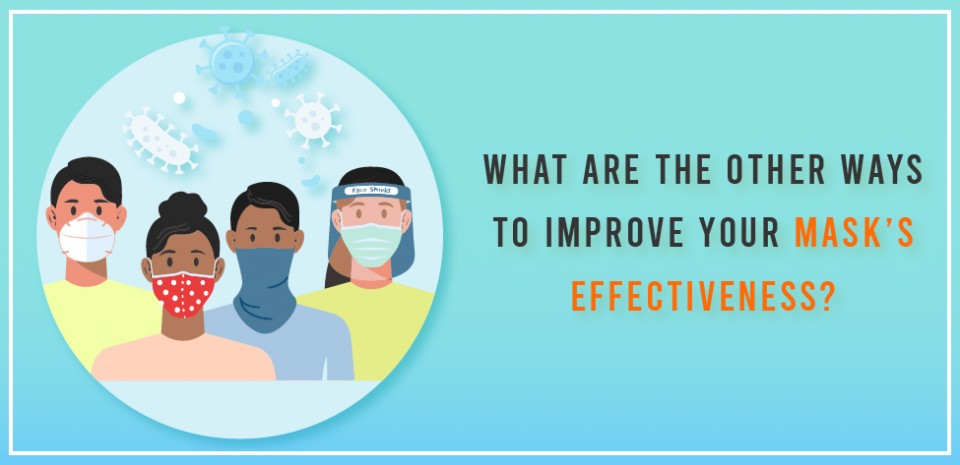
What are the other ways to improve your mask’s effectiveness?
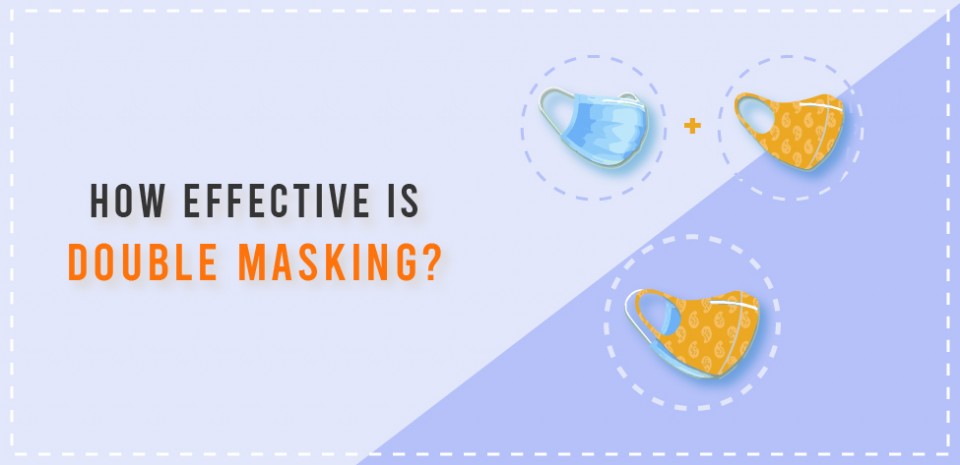
How effective is double masking?
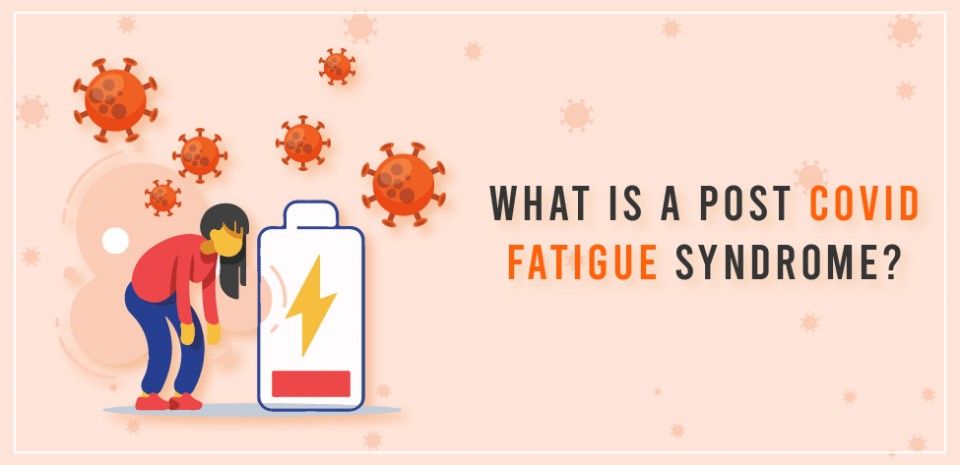
What is a post COVID fatigue syndrome?
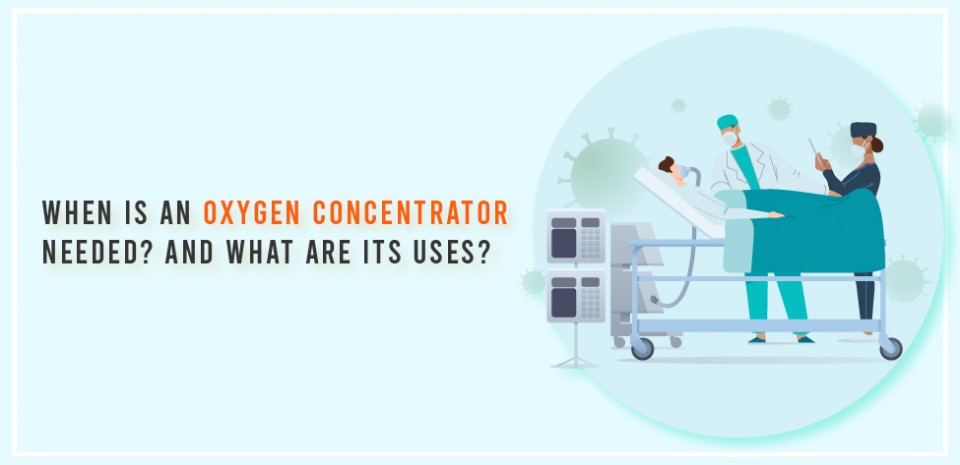
When is an oxygen concentrator needed? And what are its uses?
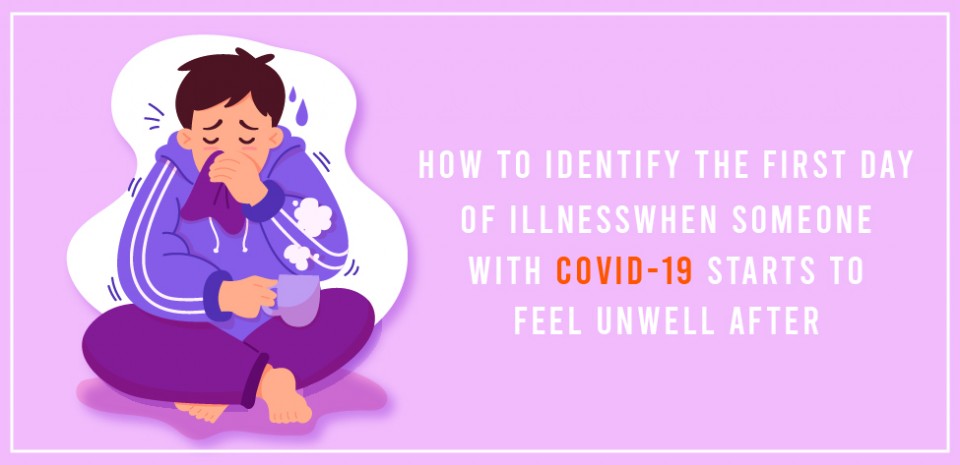
How to identify the first day of illness when someone with COVID-19 starts to feel unwell after
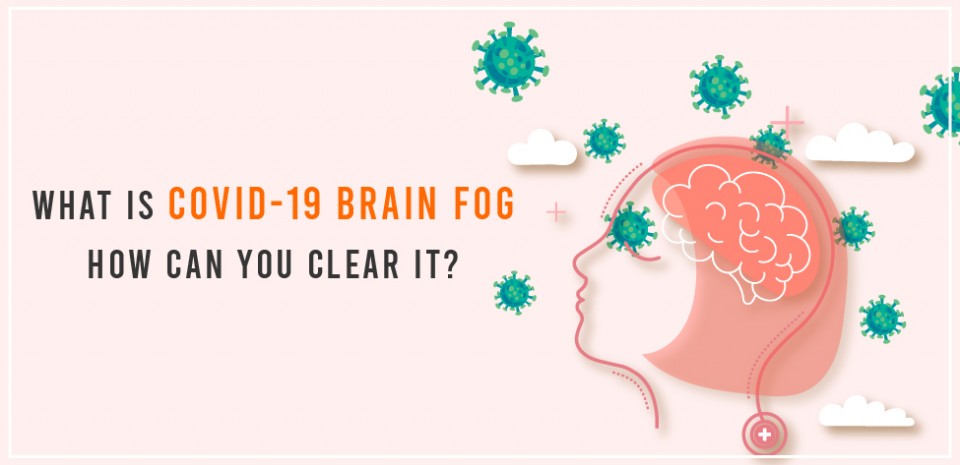
What is COVID-19 brain fog - and how can you clear it?

Do vitamin D, zinc, and other supplements help prevent COVID-19 or speed up the healing process?
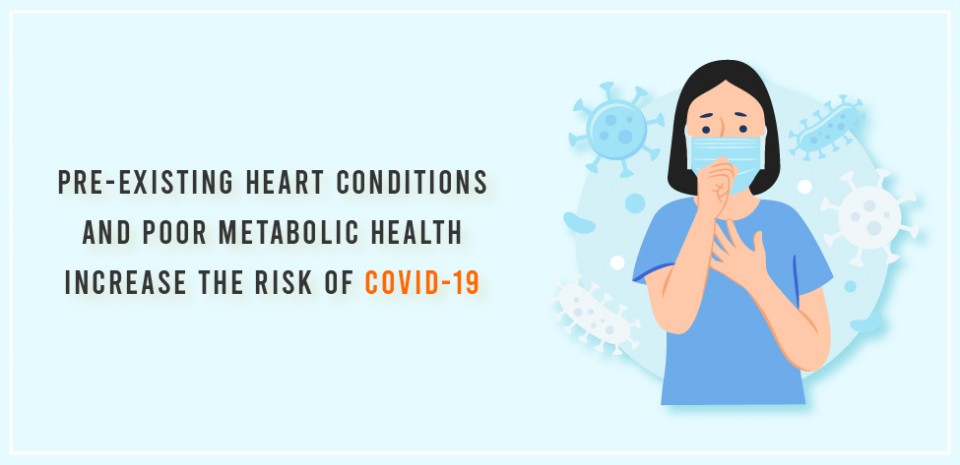
Pre-existing heart conditions and poor metabolic health increase the risk of COVID-19
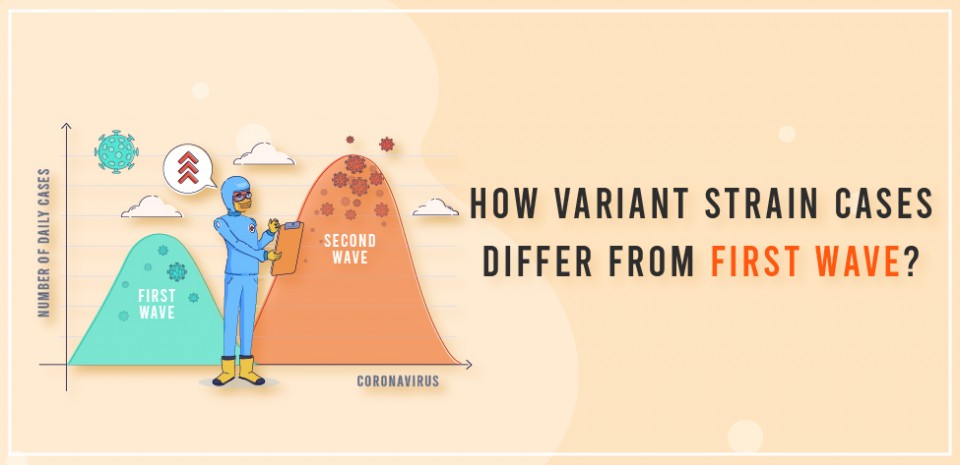
How variant strain cases differ from first wave?
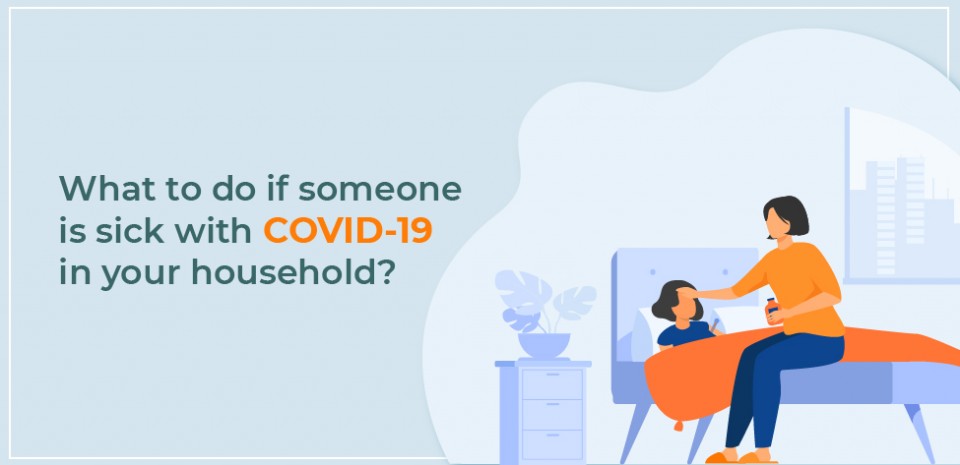
What to do if someone is sick with COVID-19 in your household?
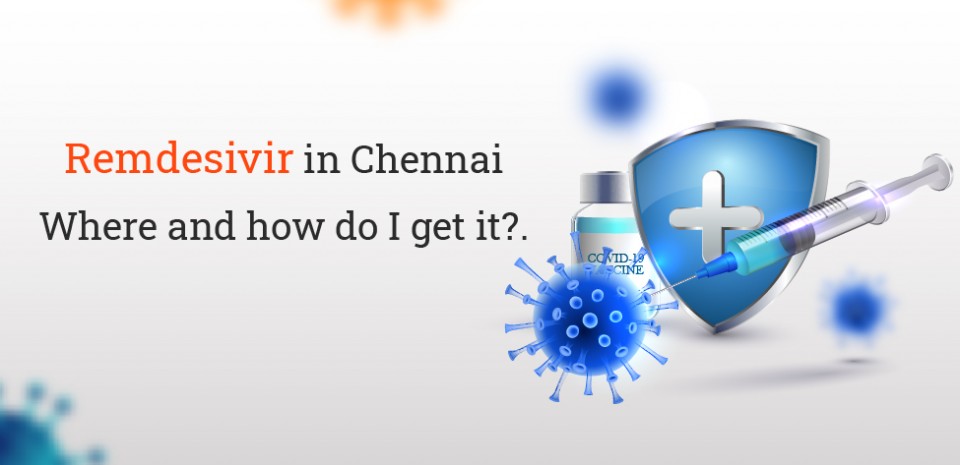
Remdesivir medication and how to get it in Chennai
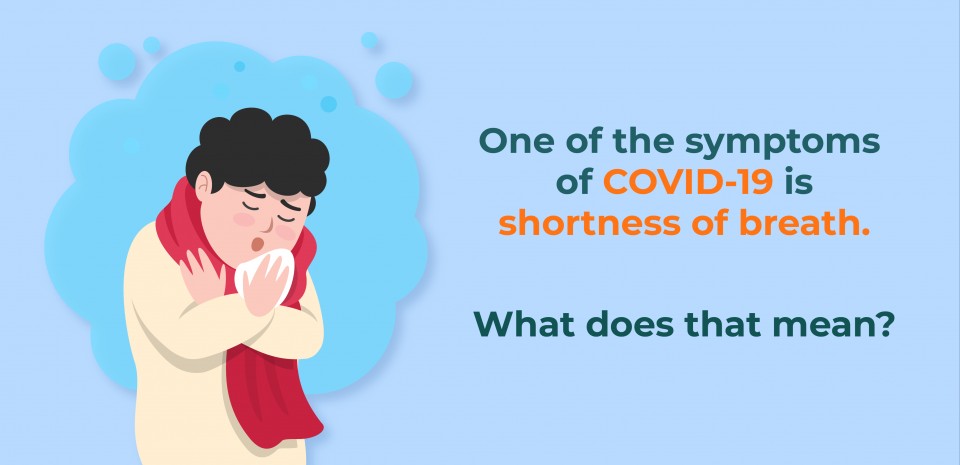
One of the symptoms of COVID-19 is shortness of breath. What does that mean?
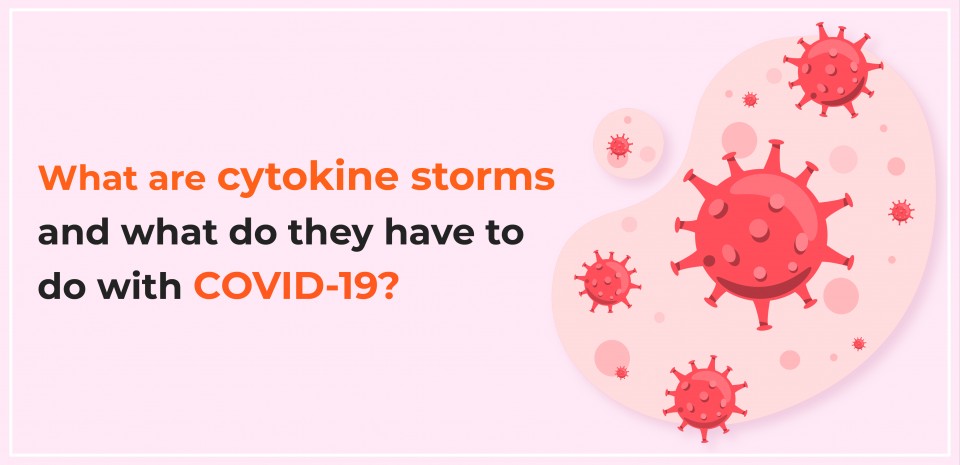
What are cytokine storms and what do they have to do with COVID-19?
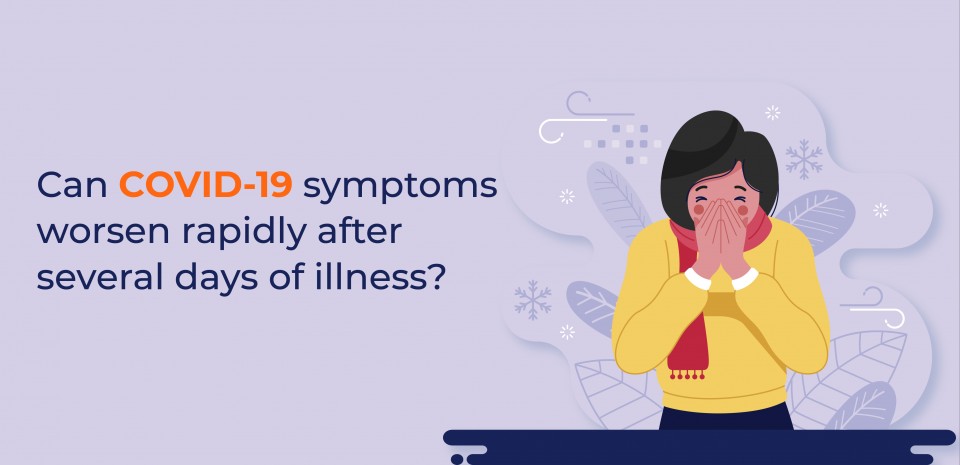
Can COVID-19 symptoms worsen rapidly after several days of illness?
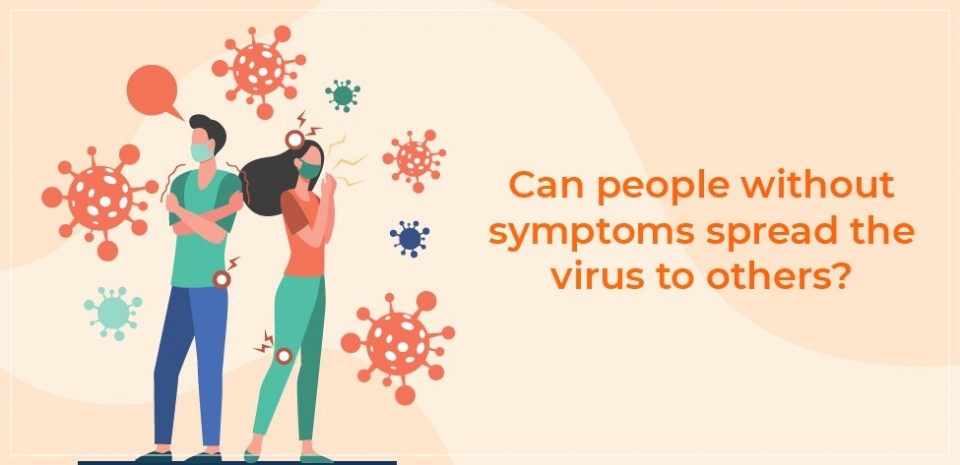
How does Covid-19 symptoms spread?
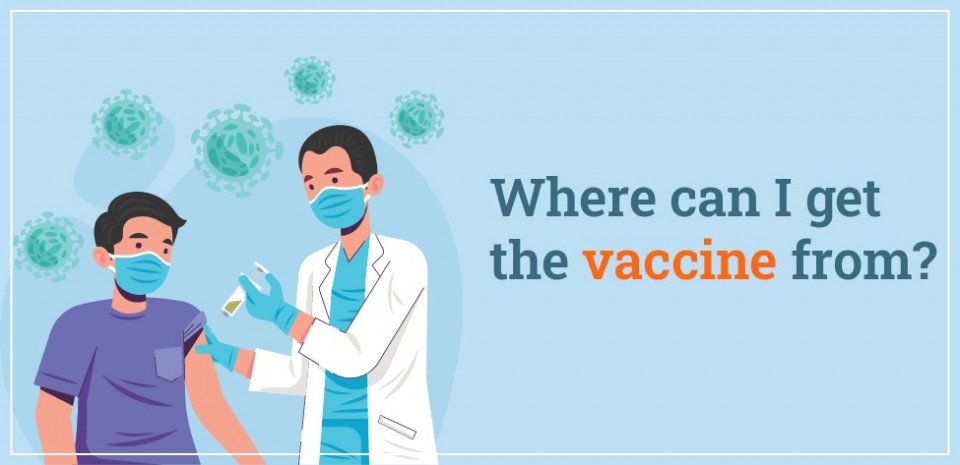
Where can i get the vaccine?
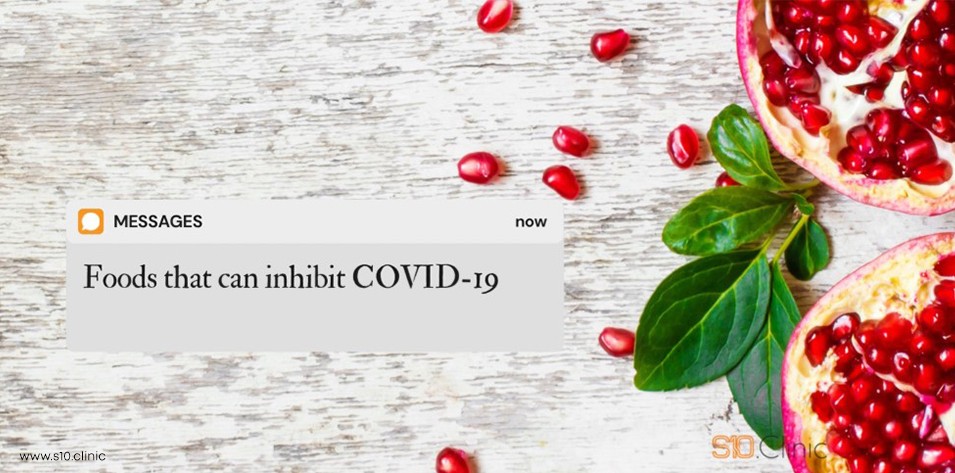
Foods that can Inhibit COVID-19
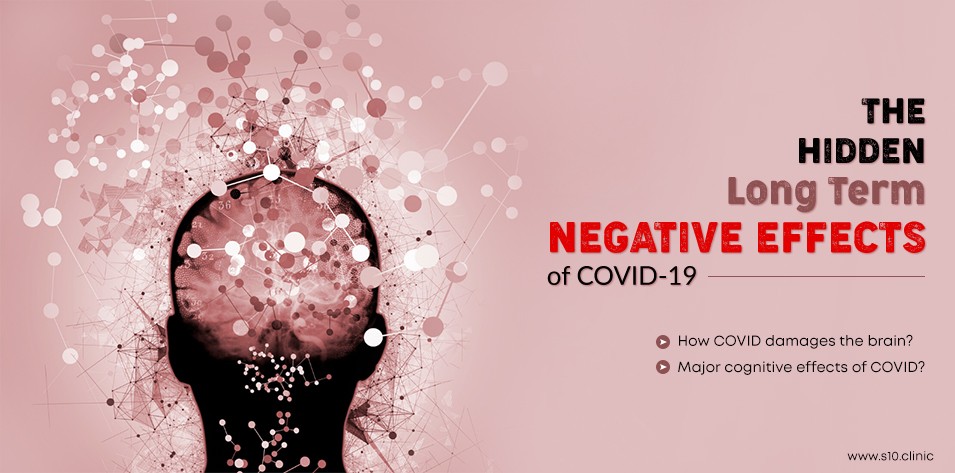





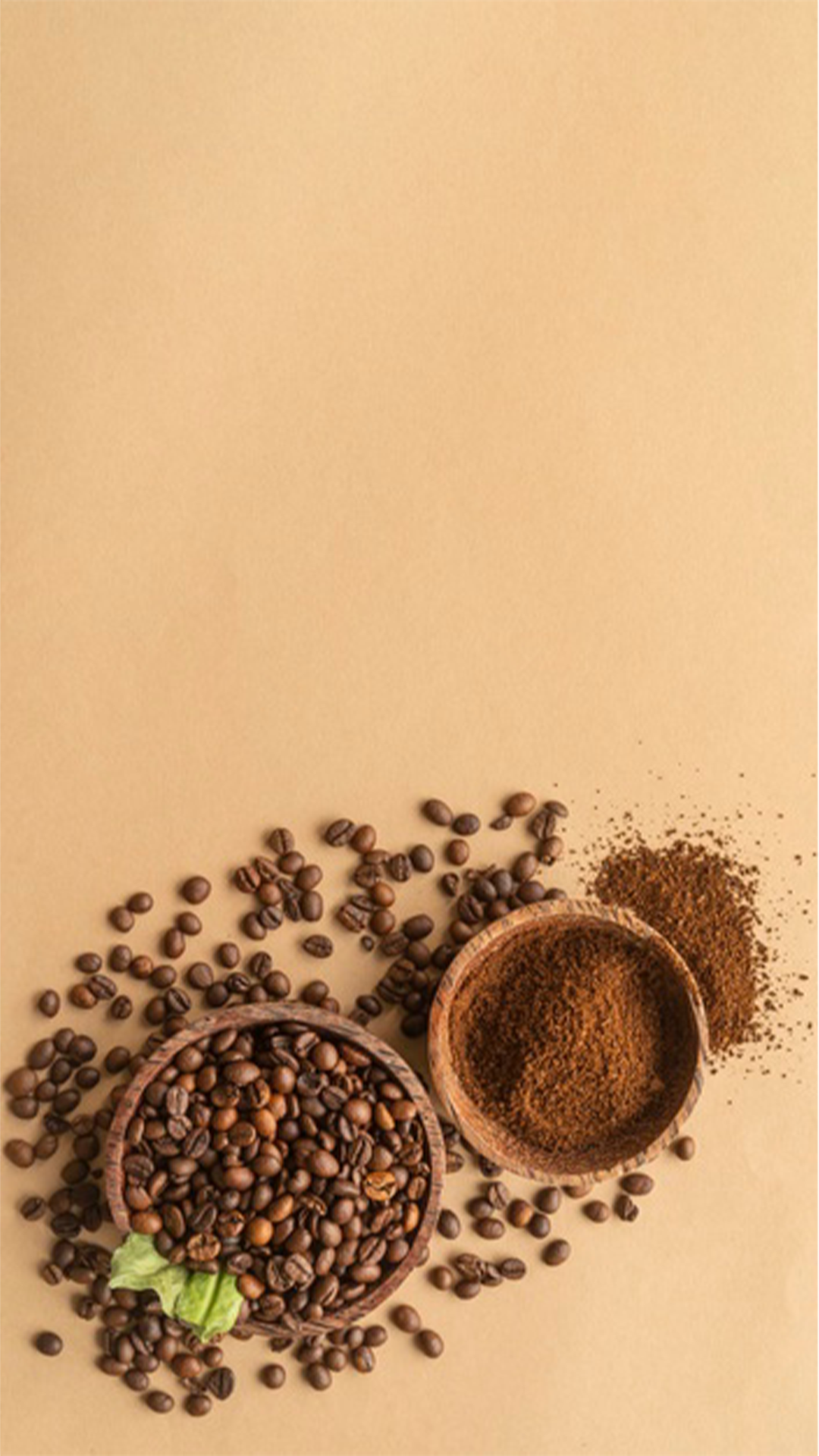




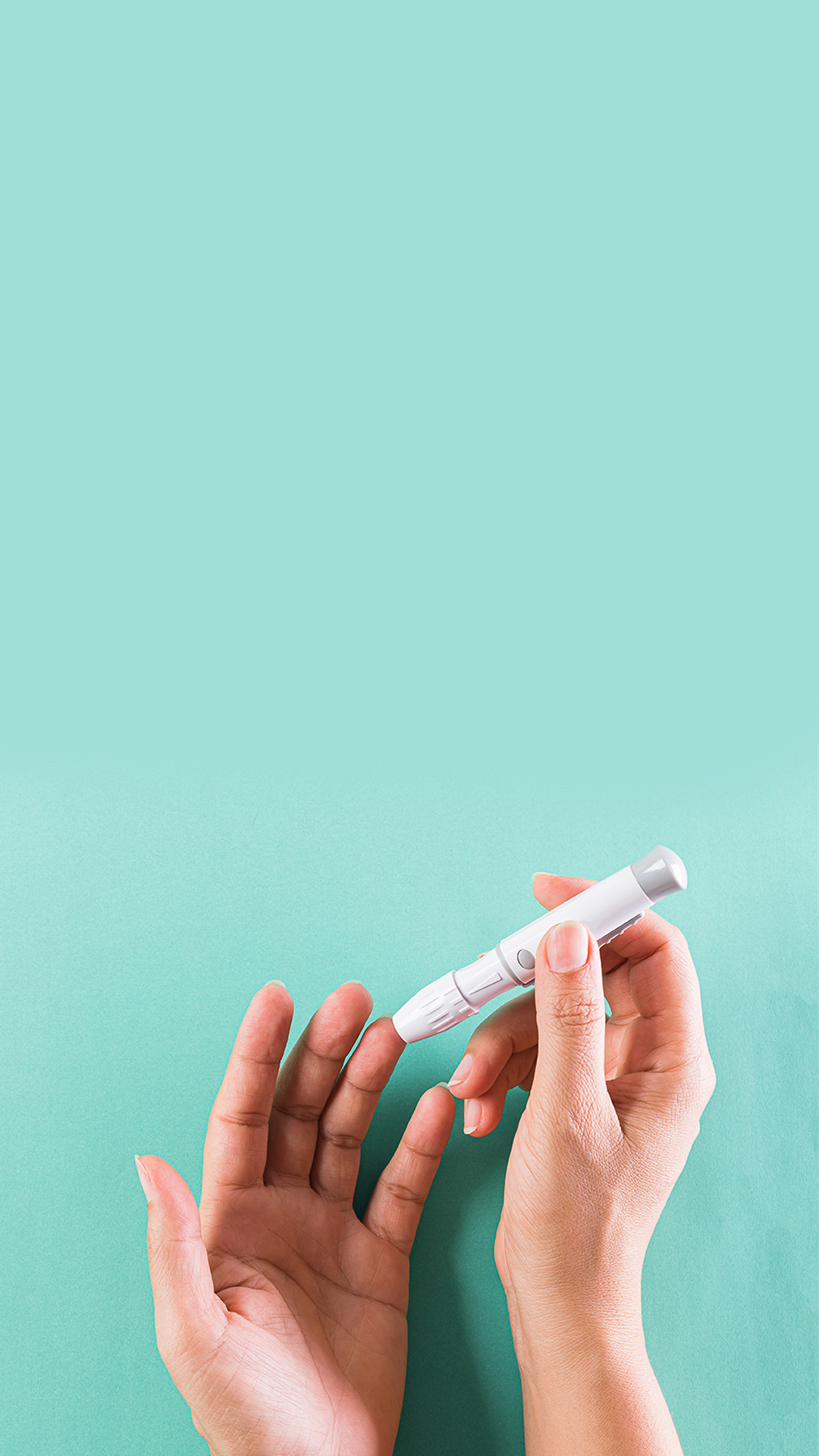
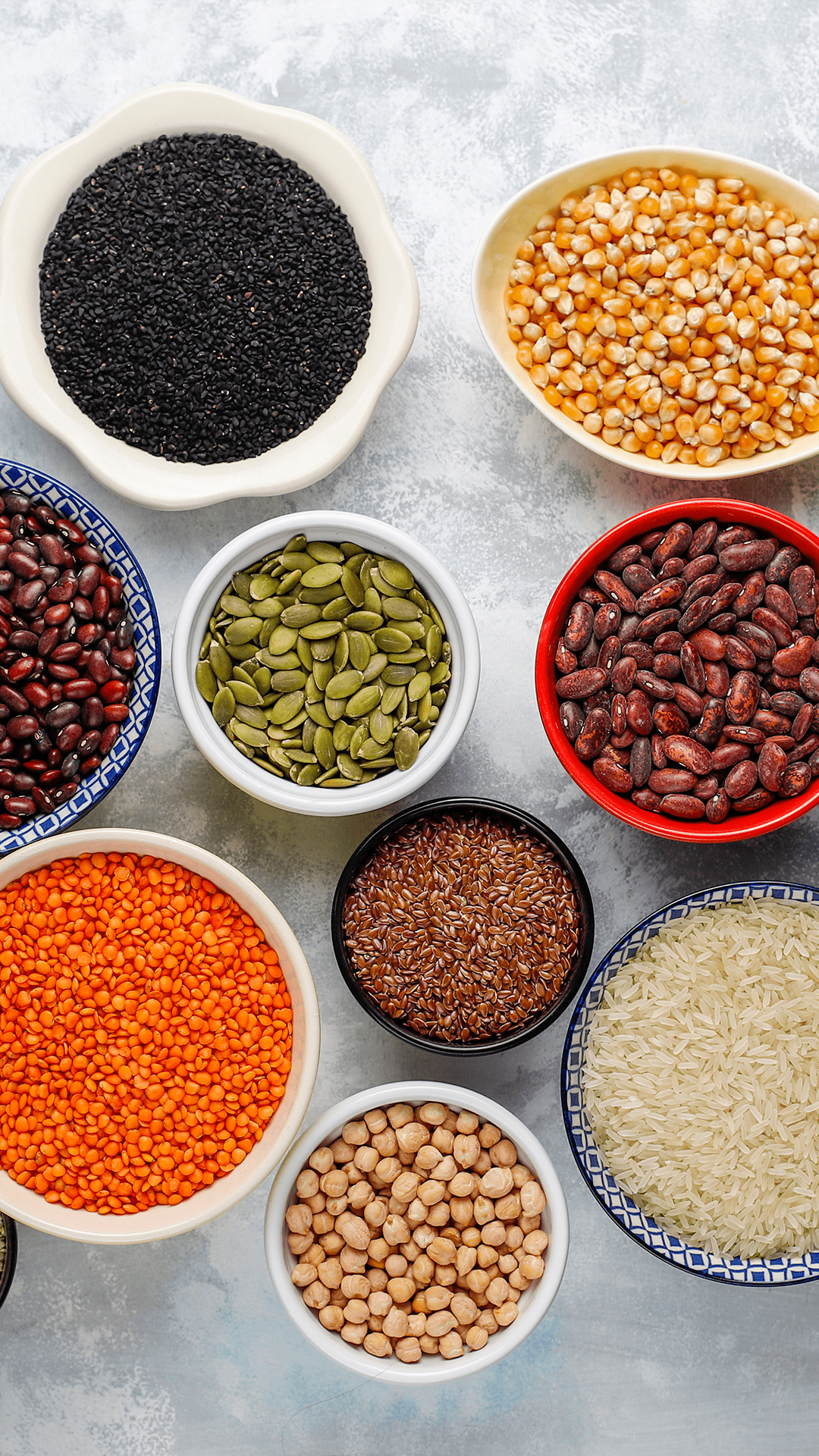


















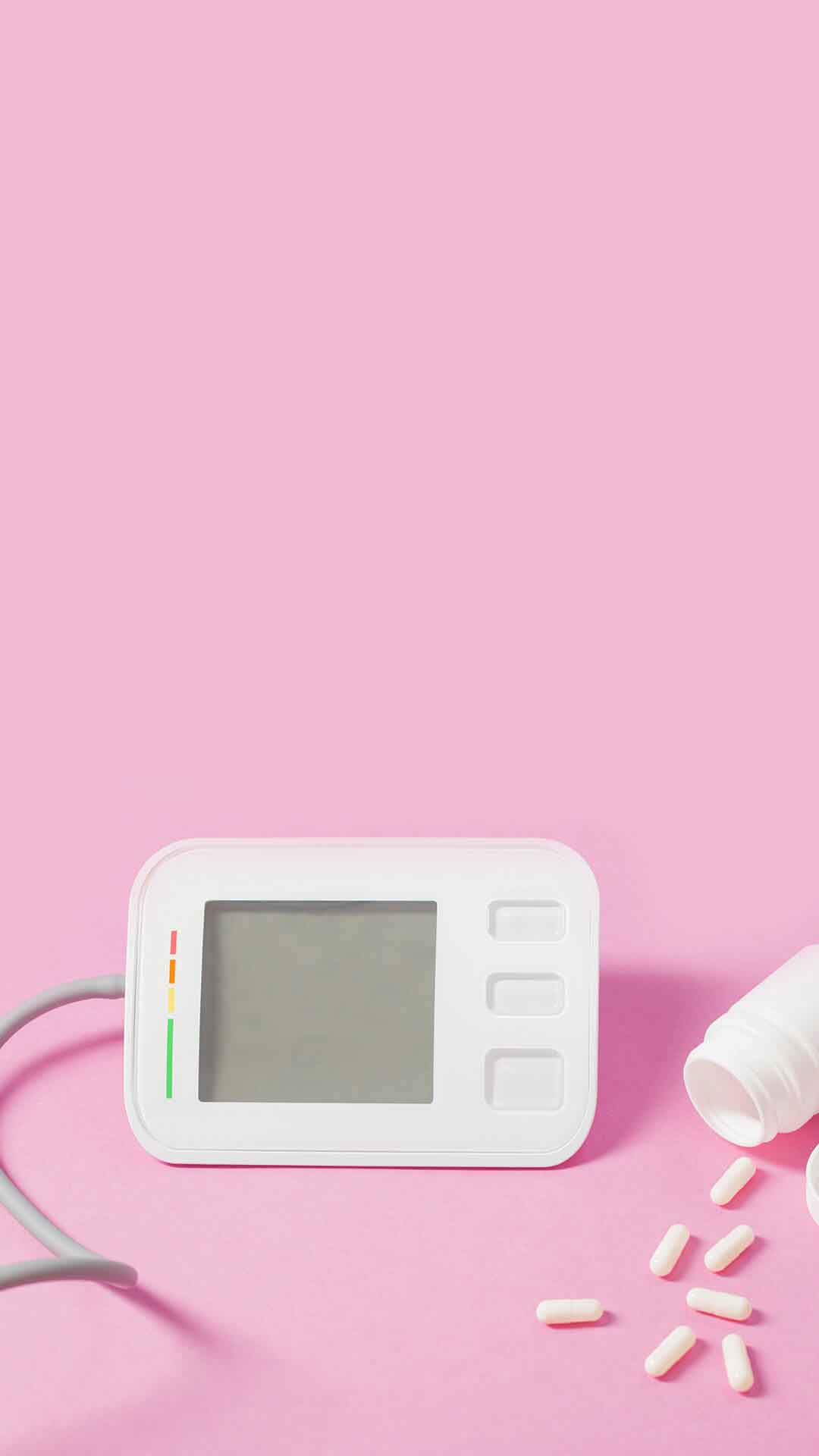







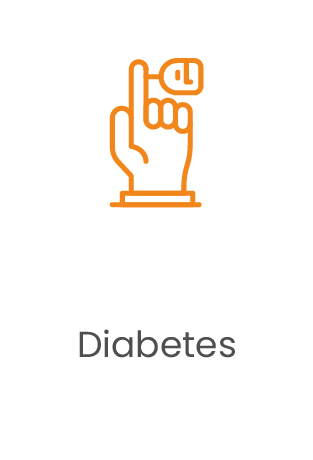

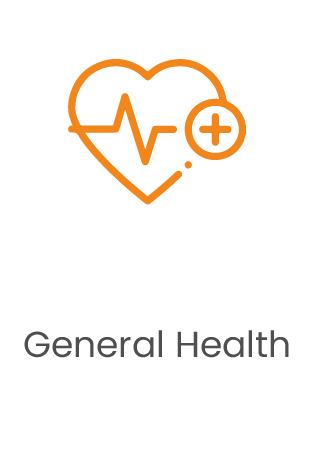








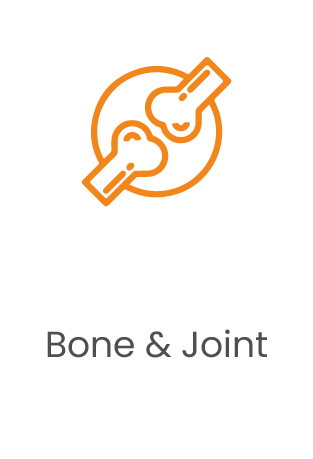


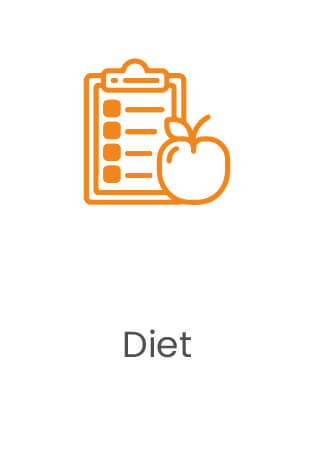



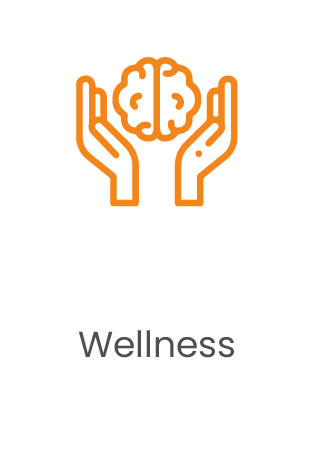

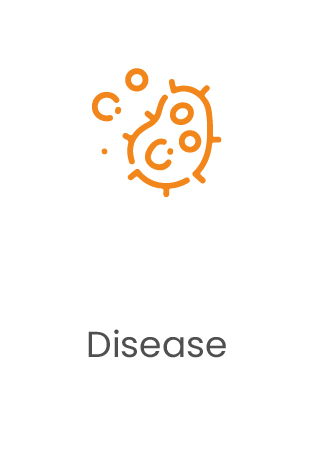
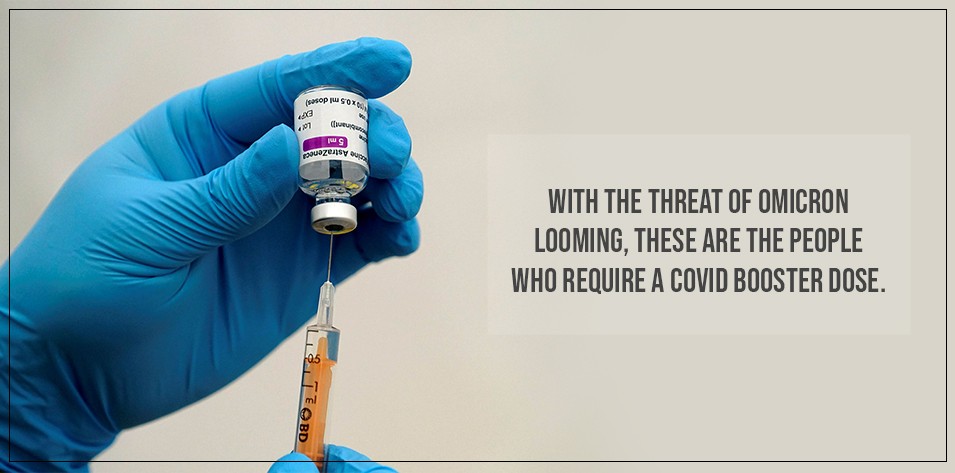
Comments